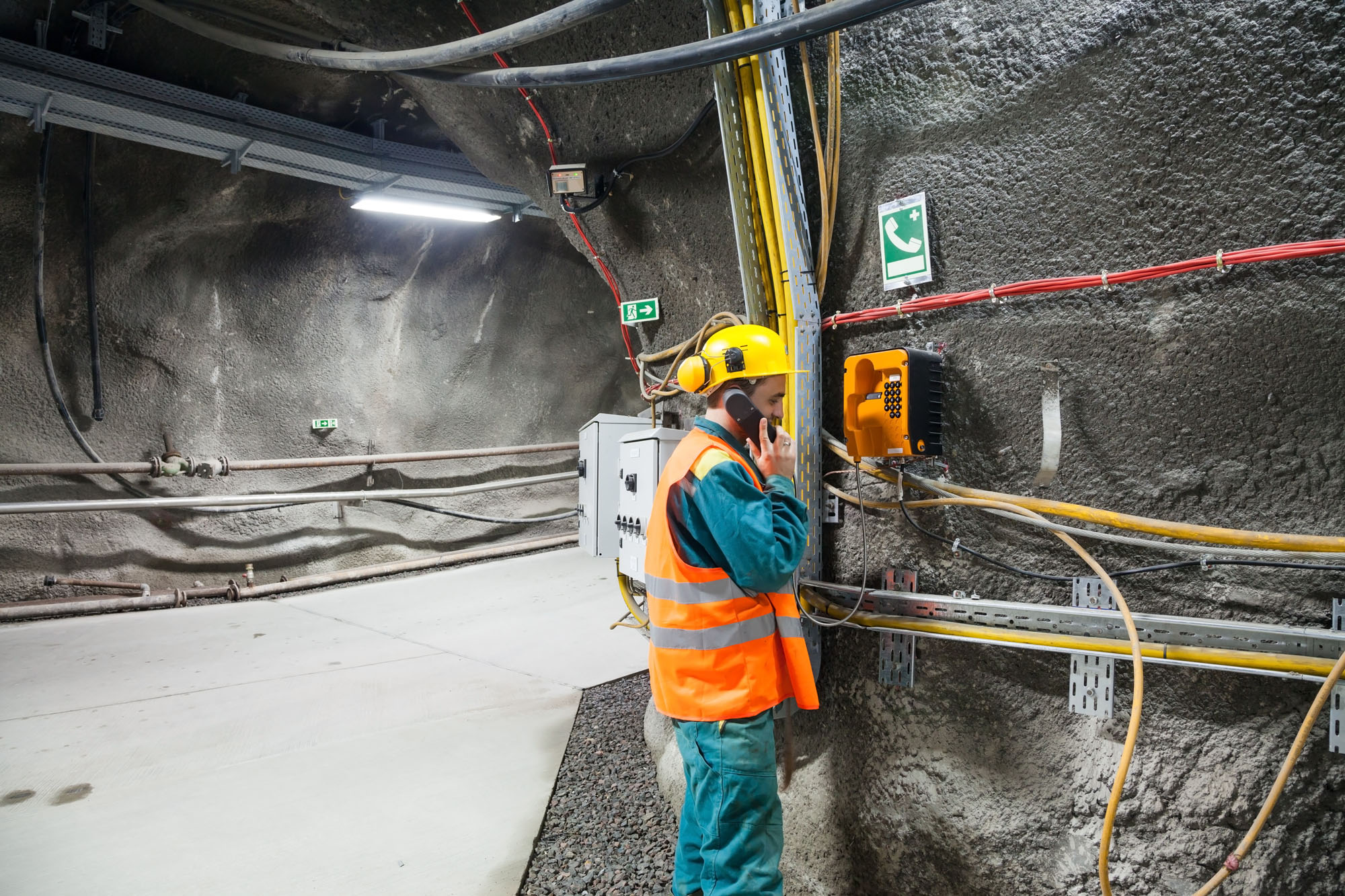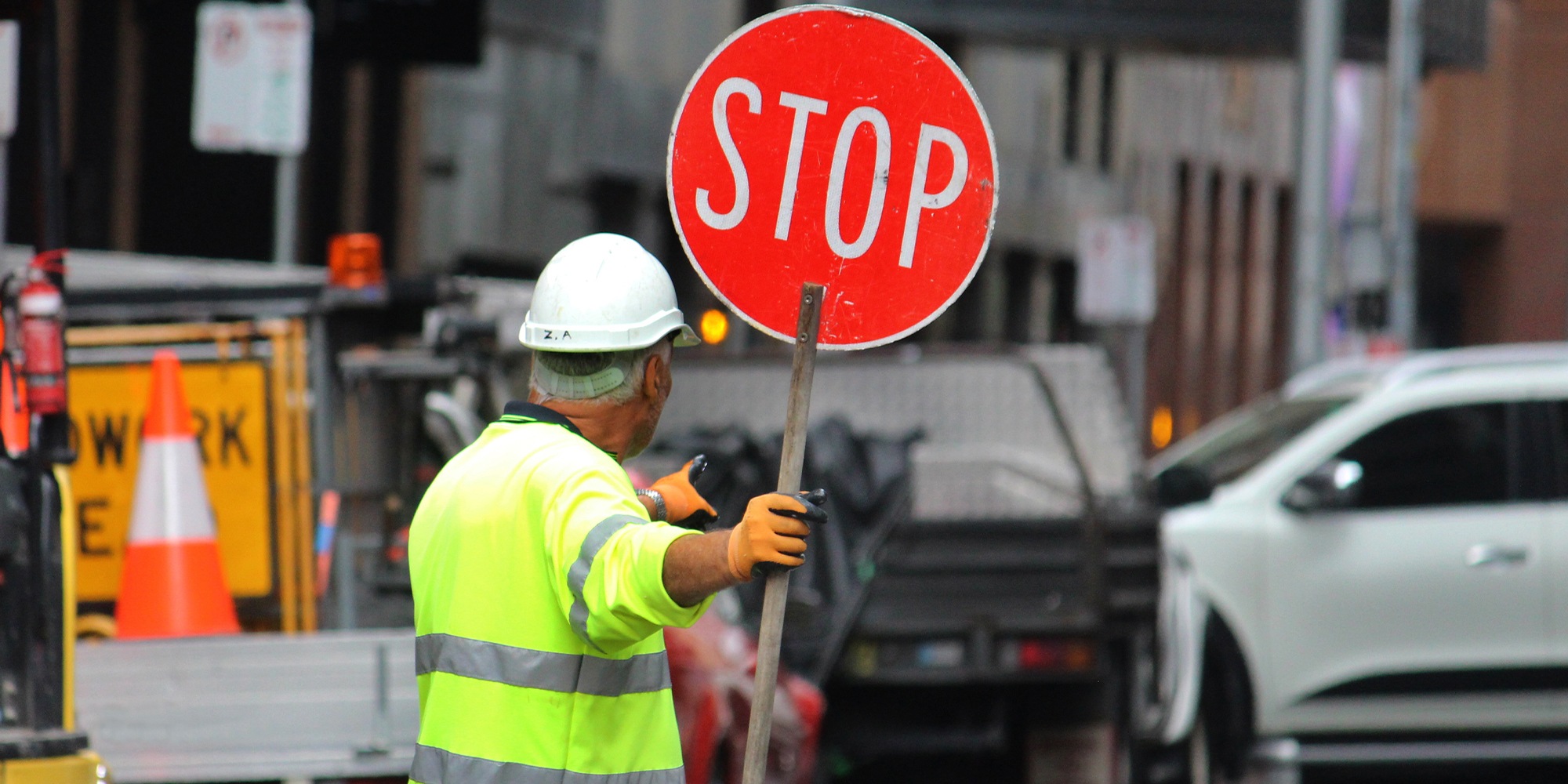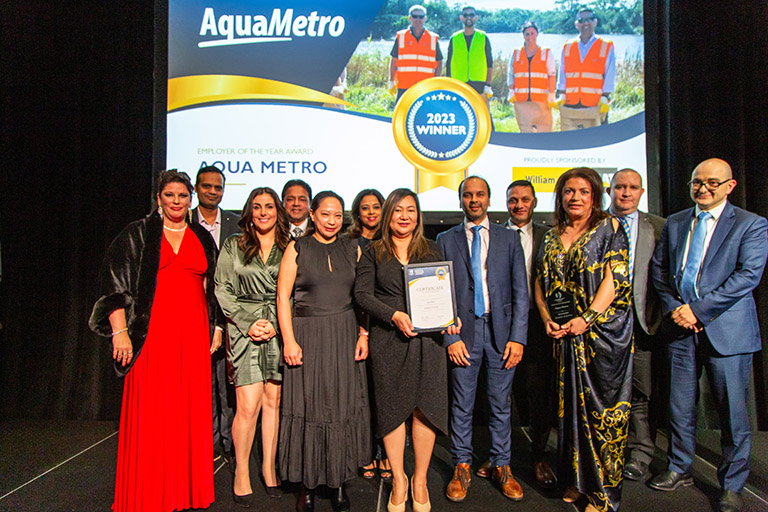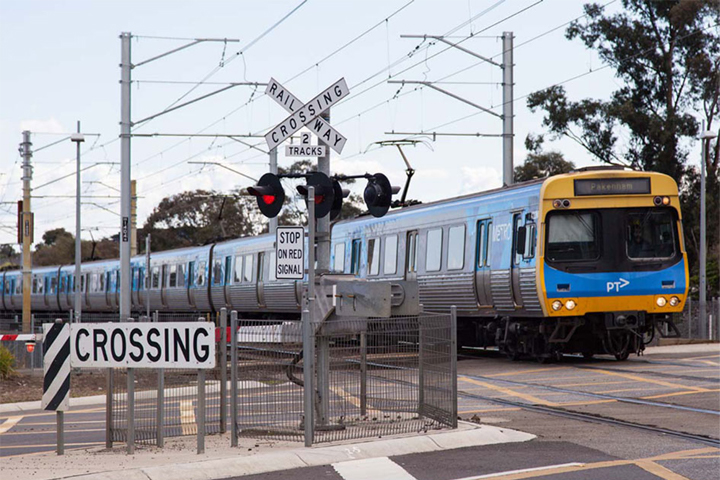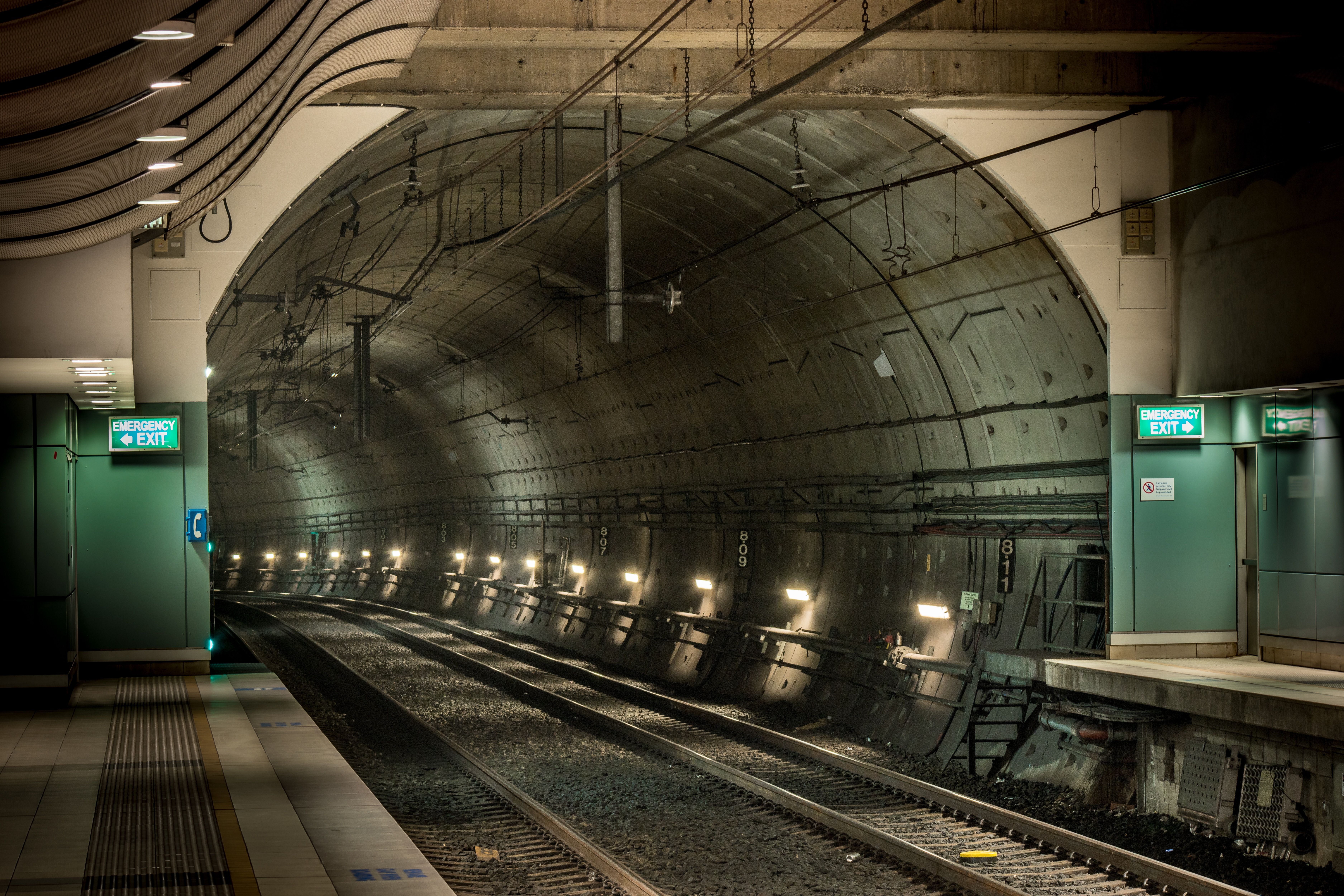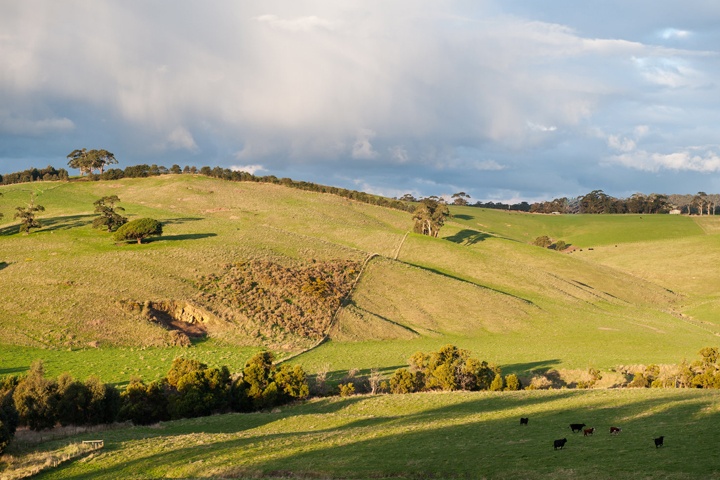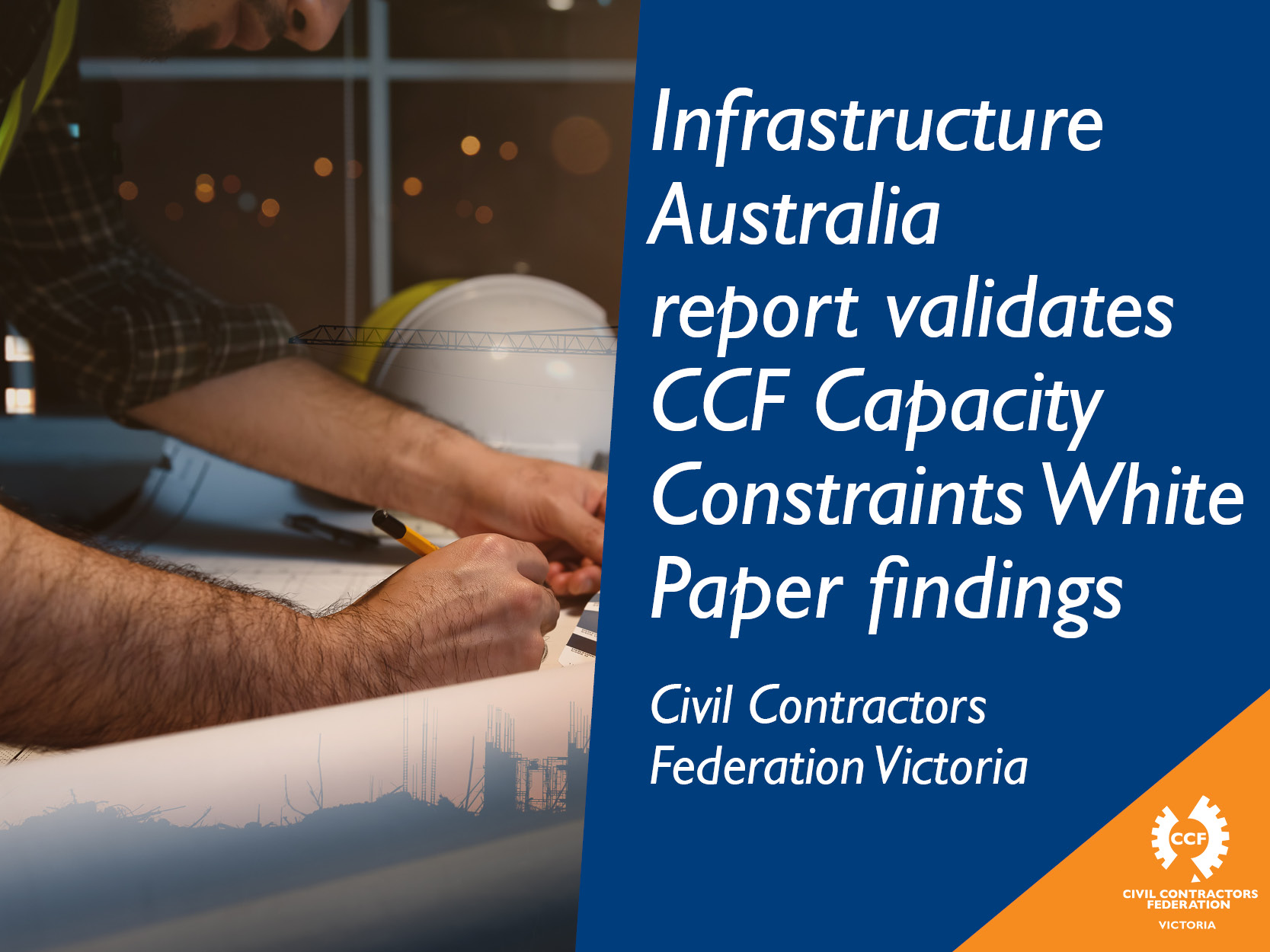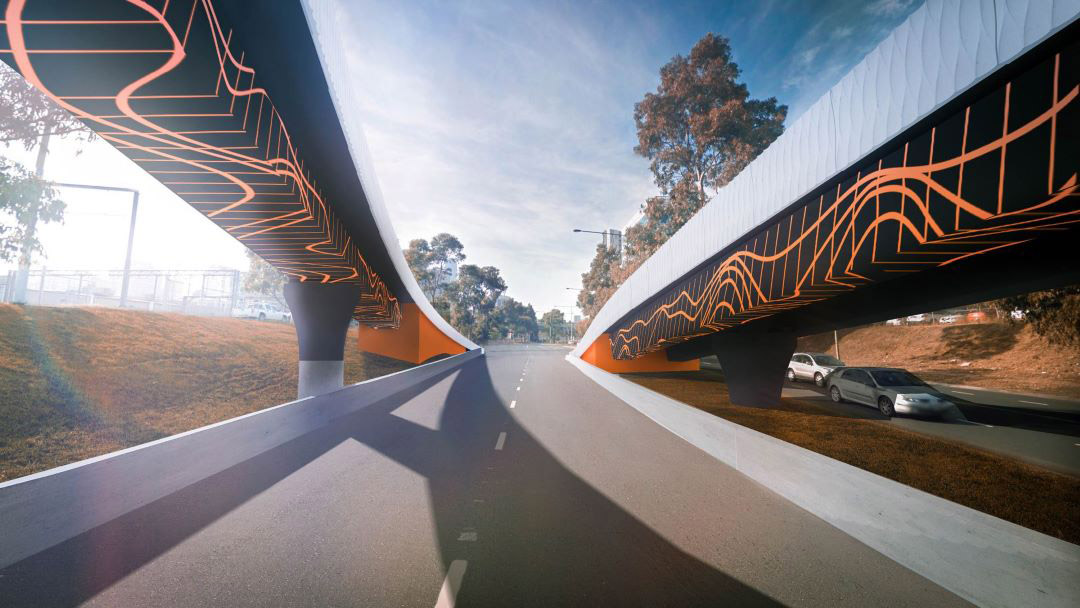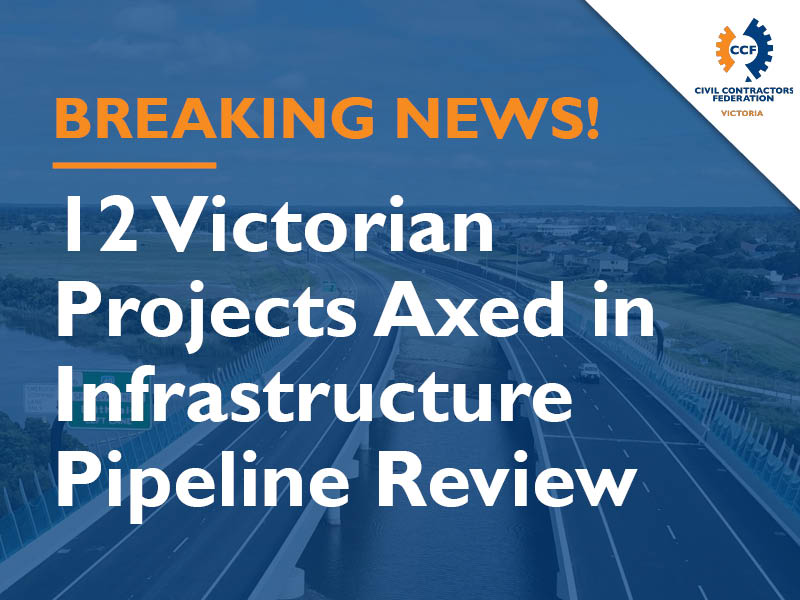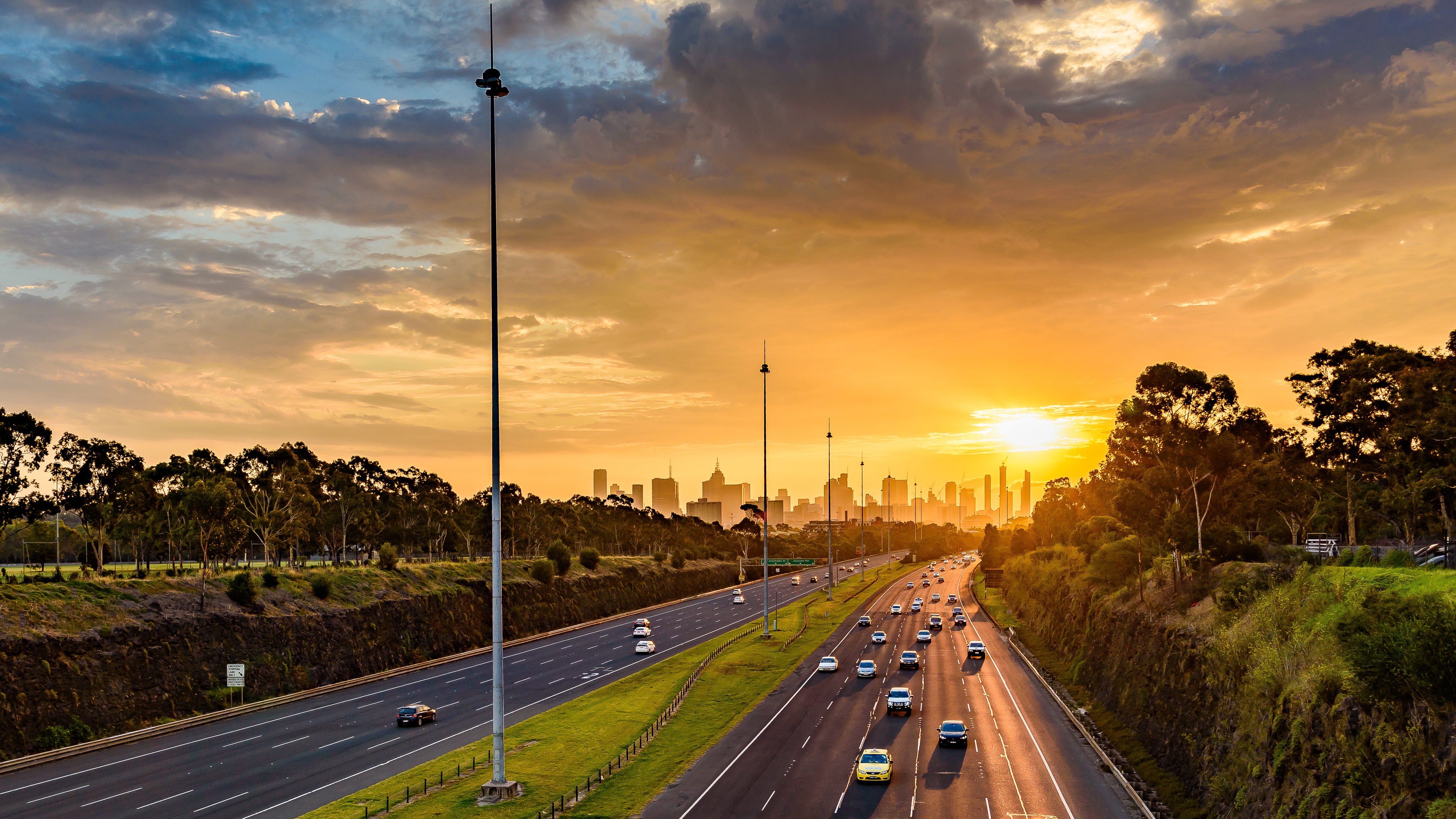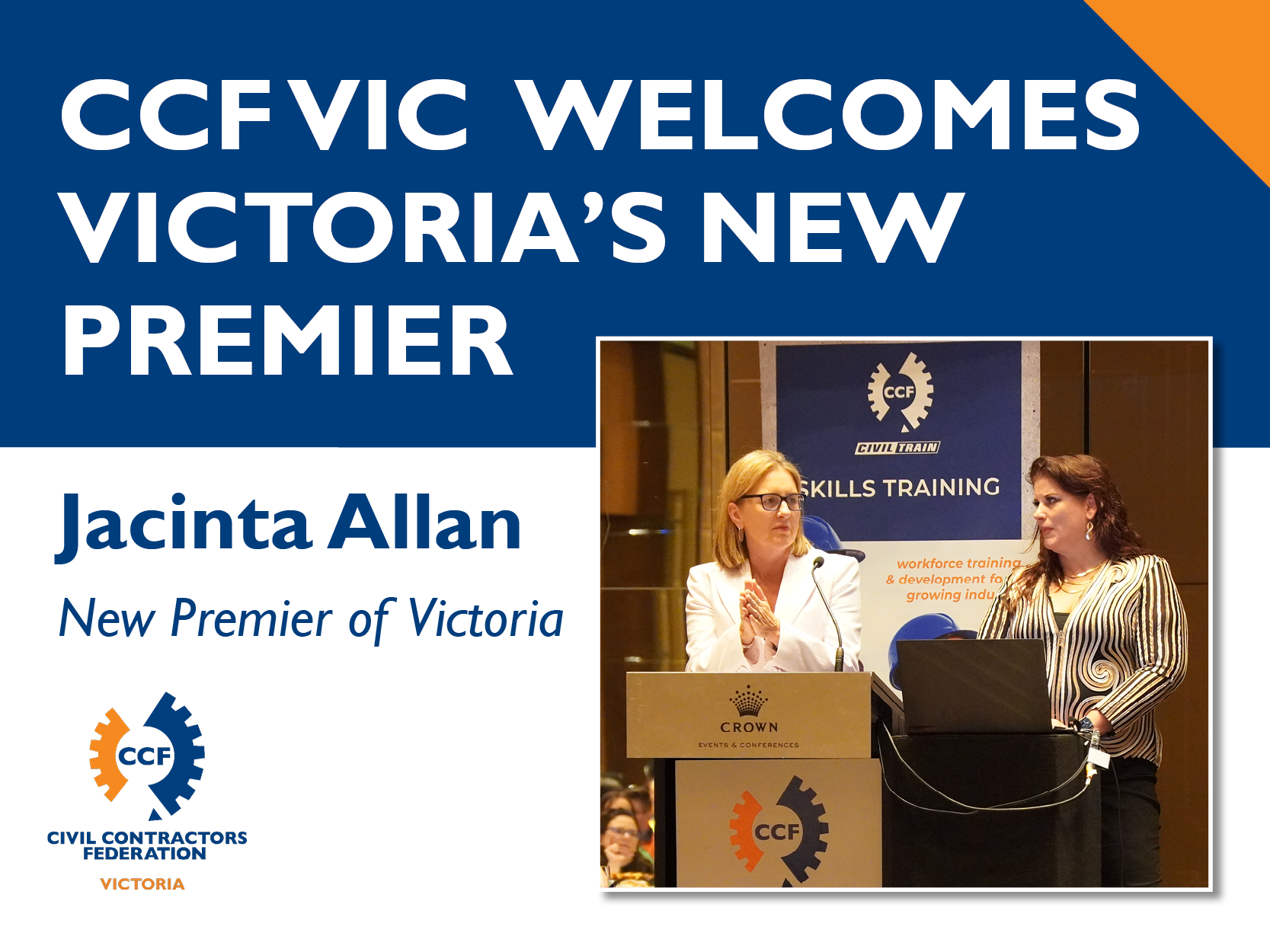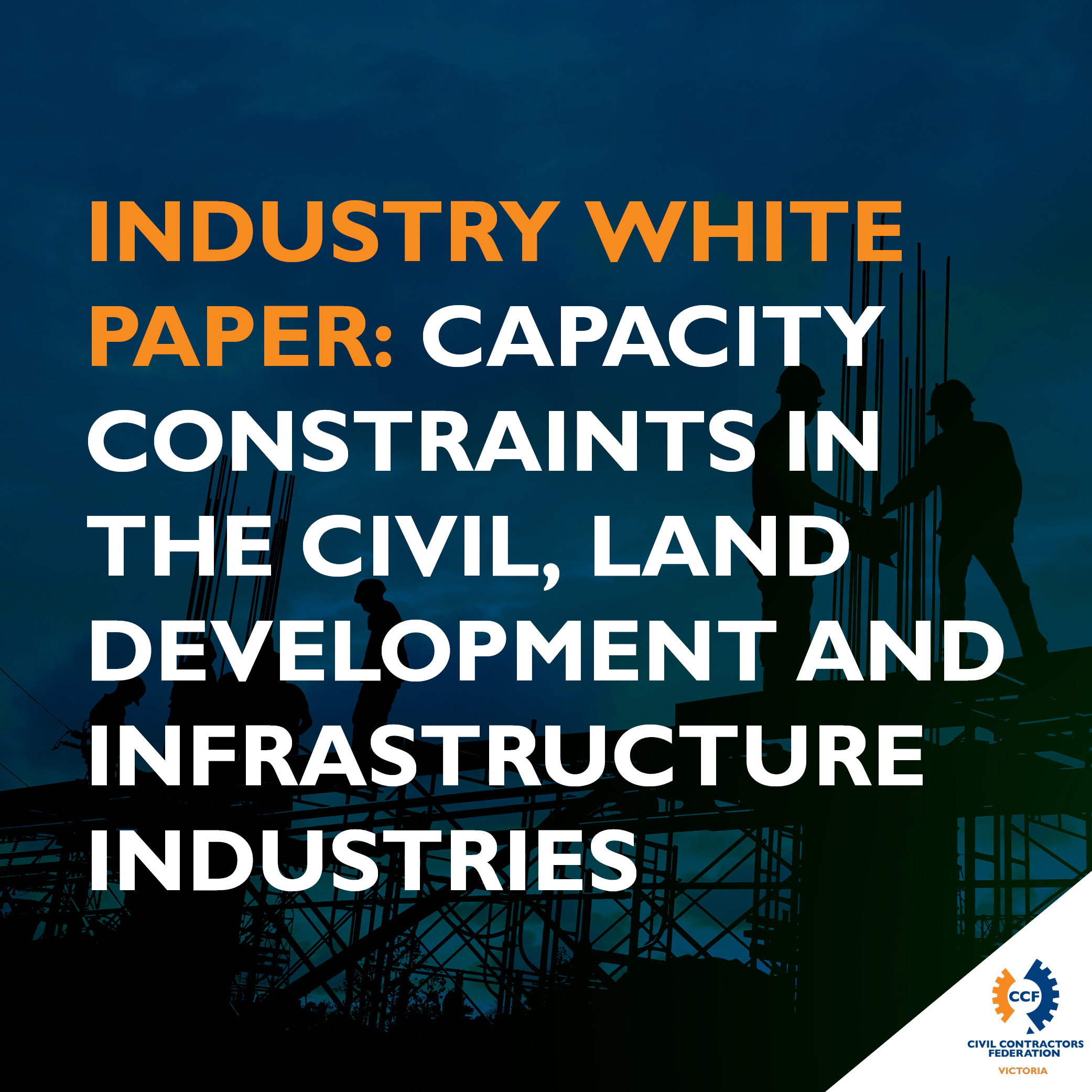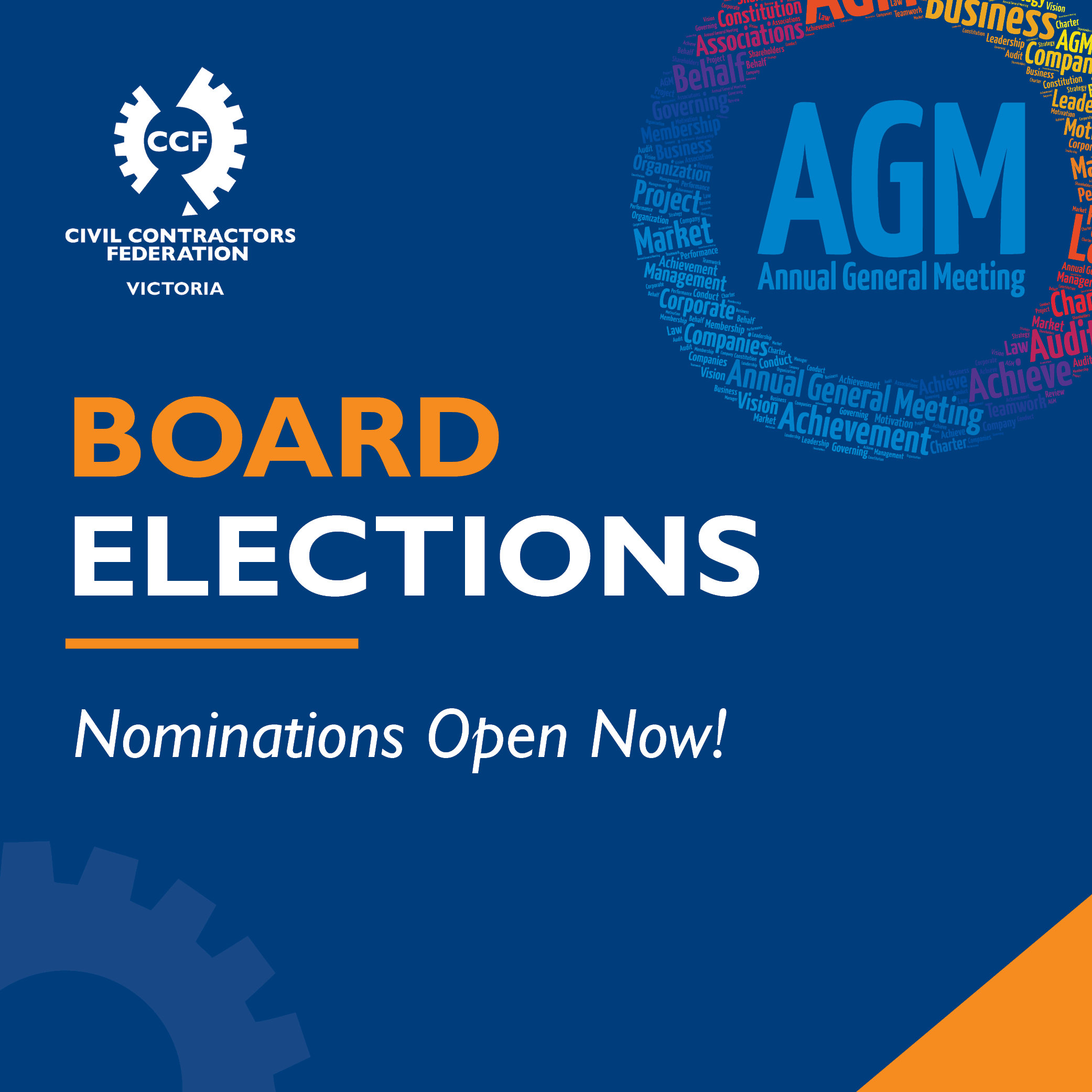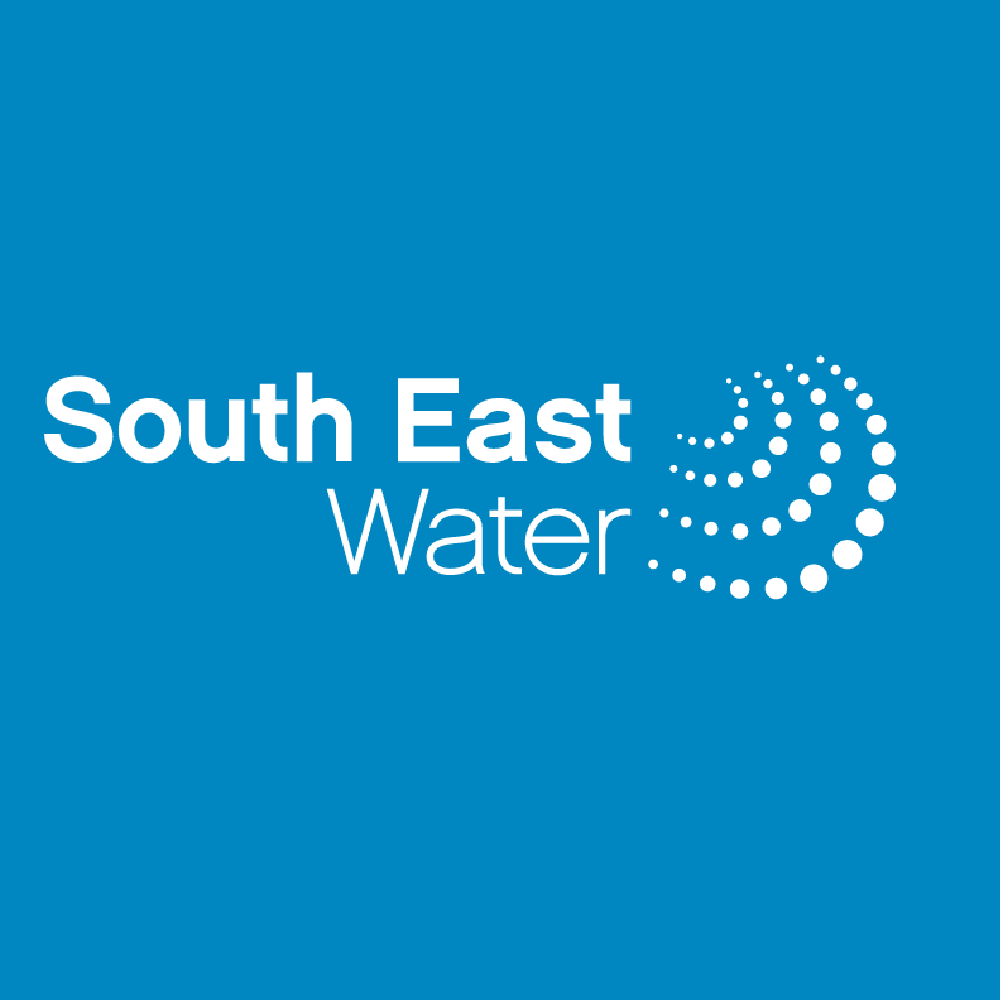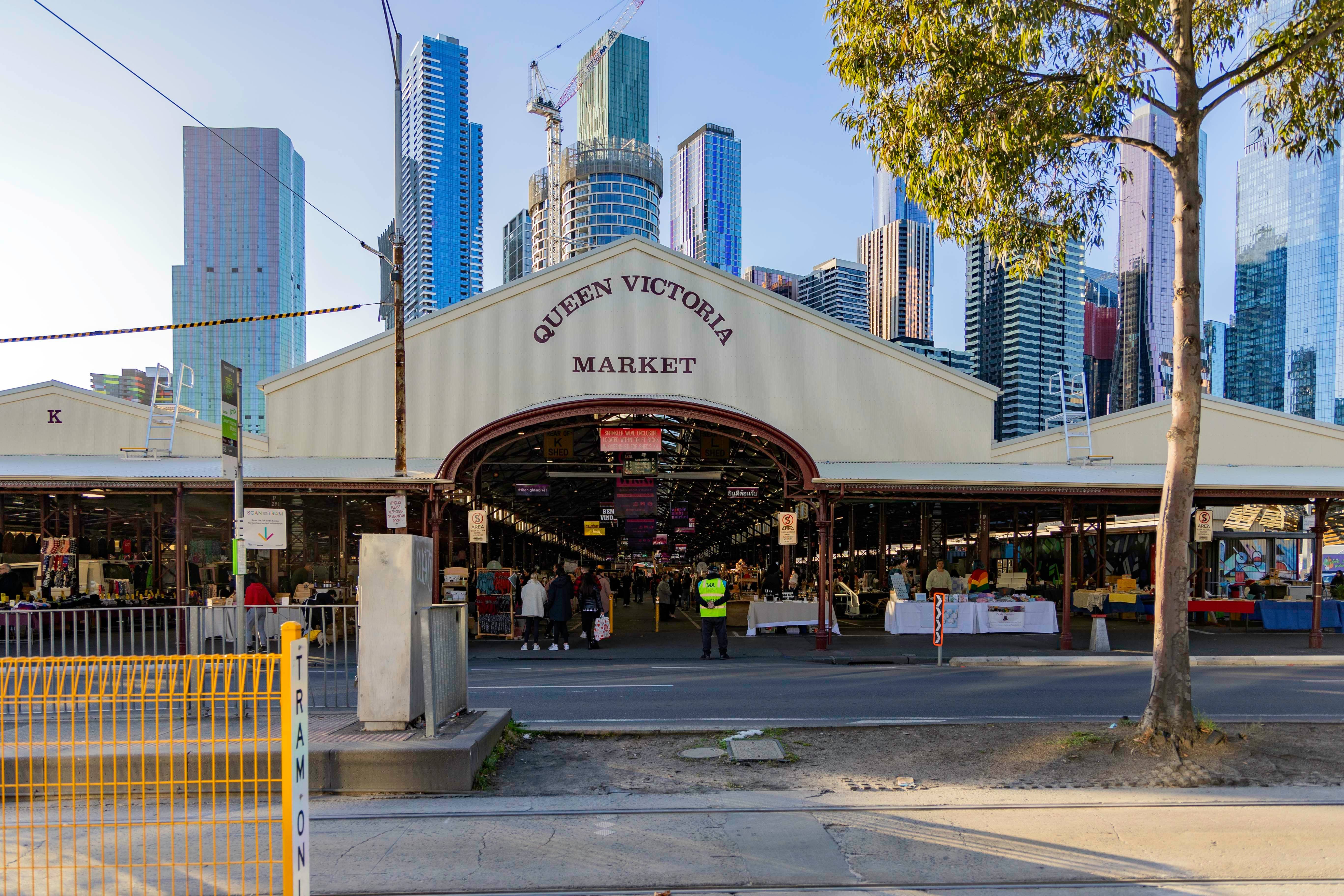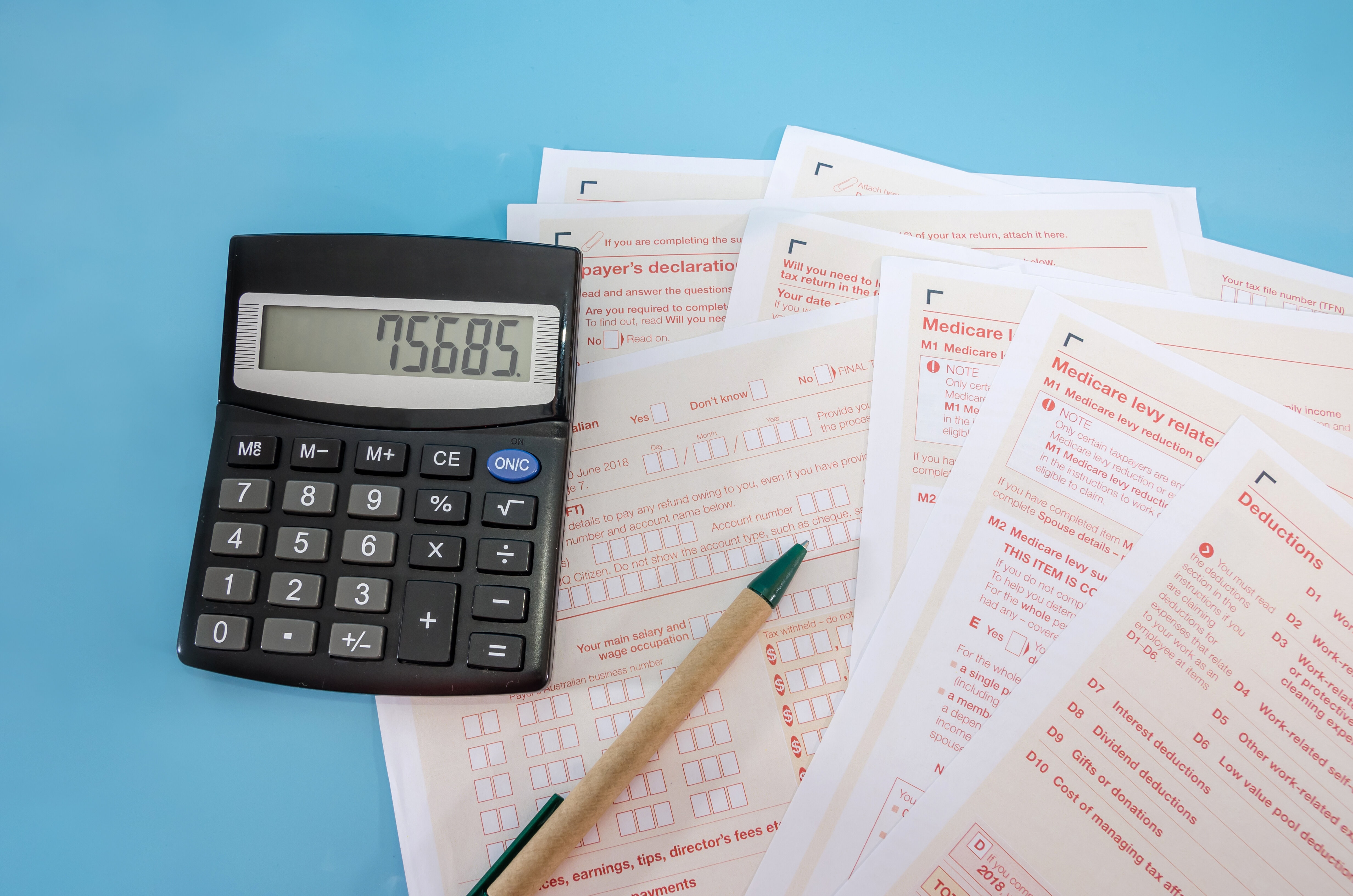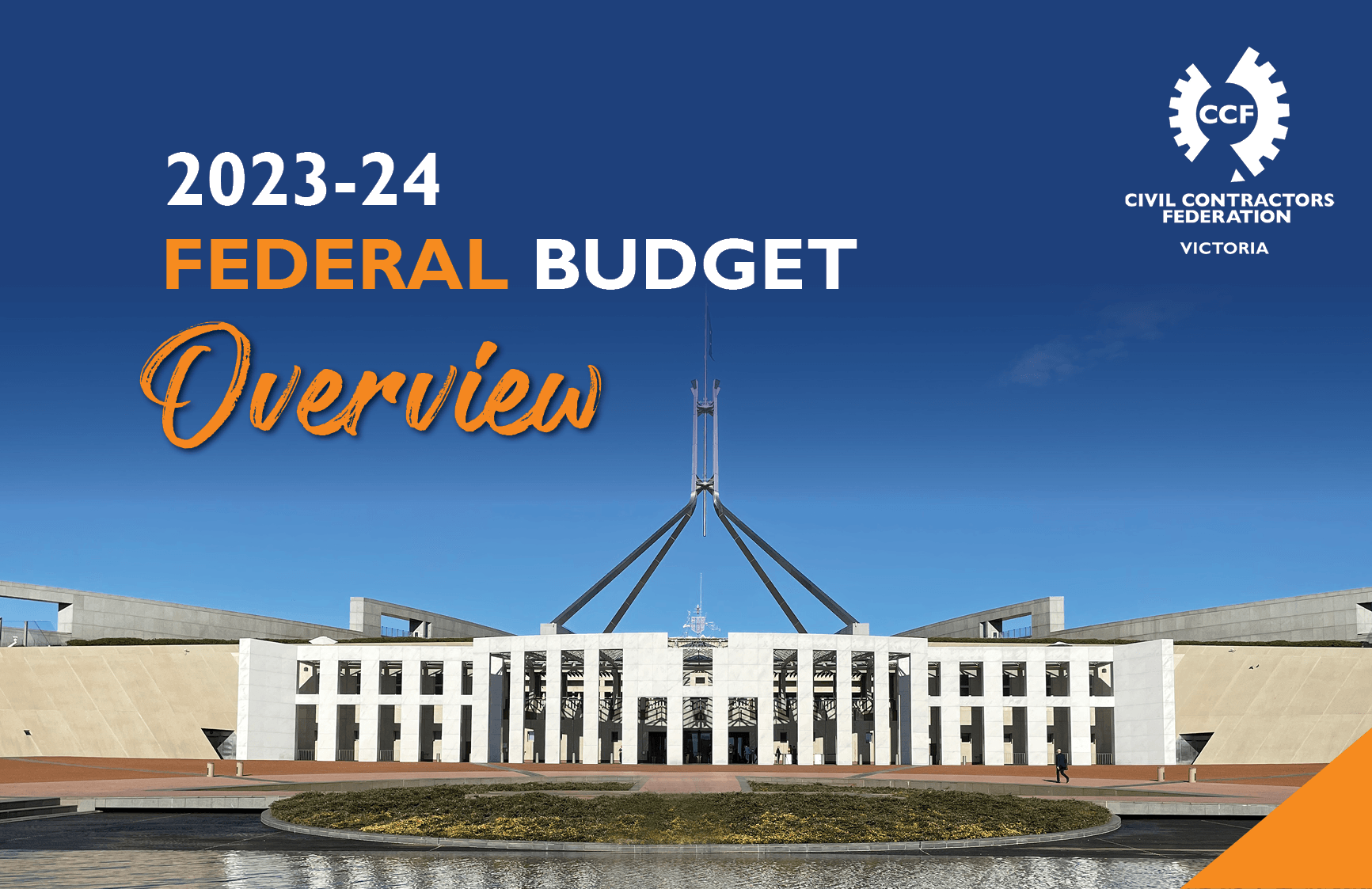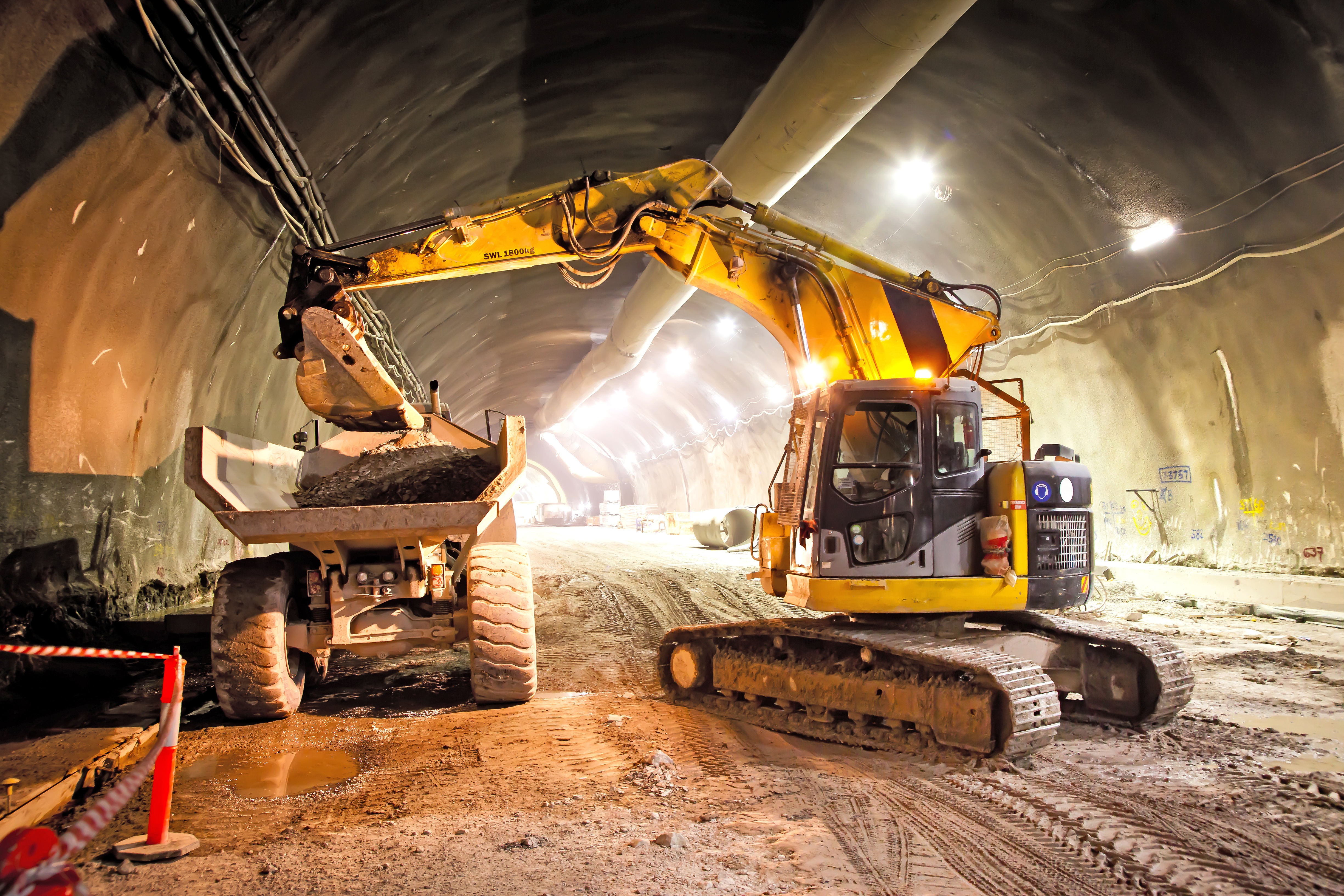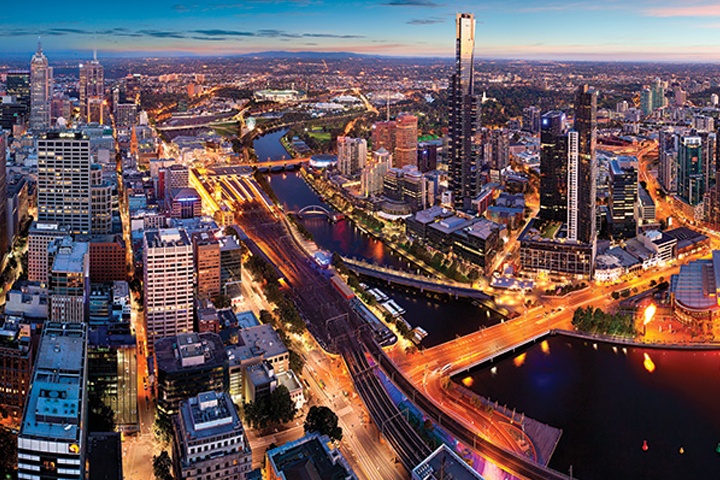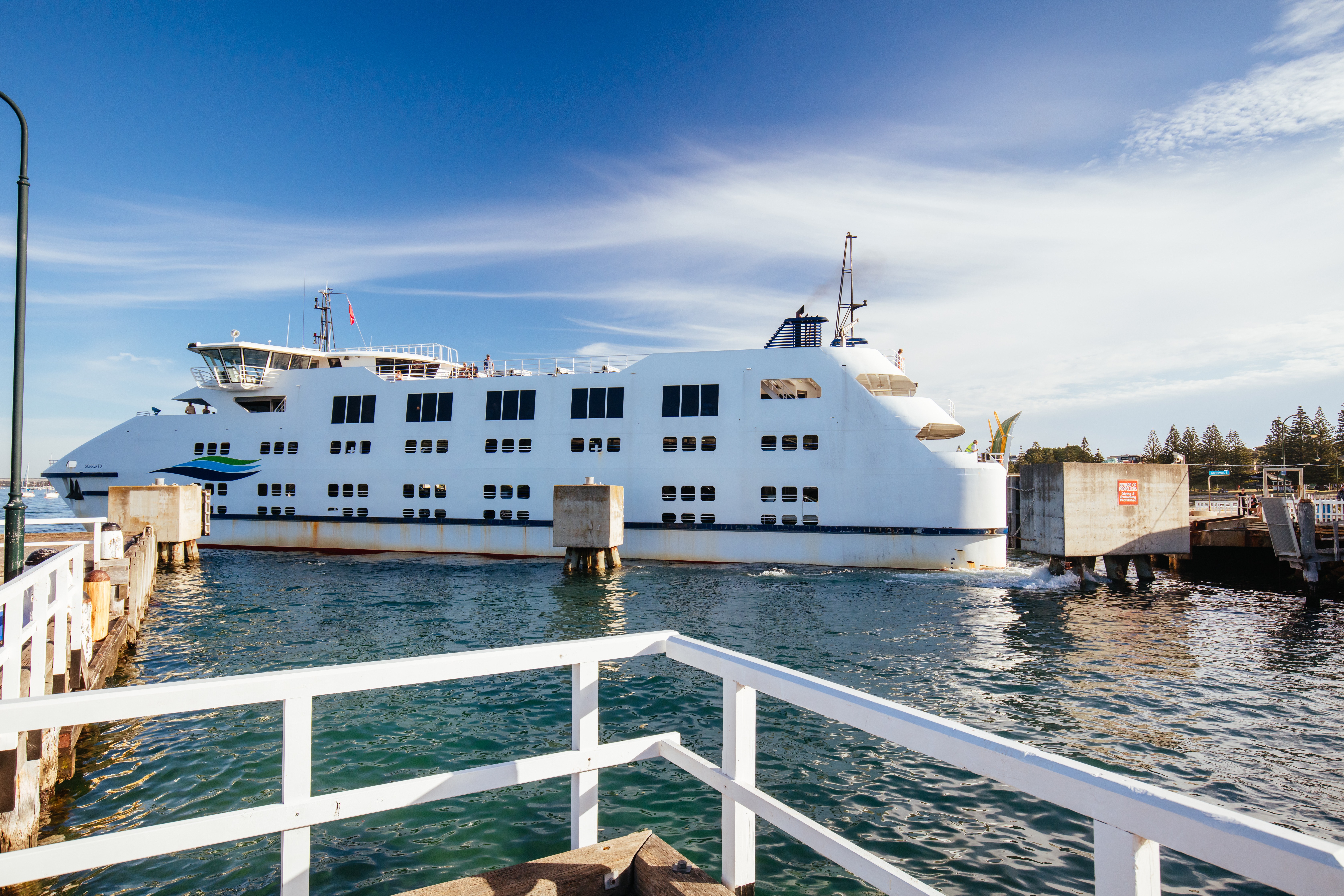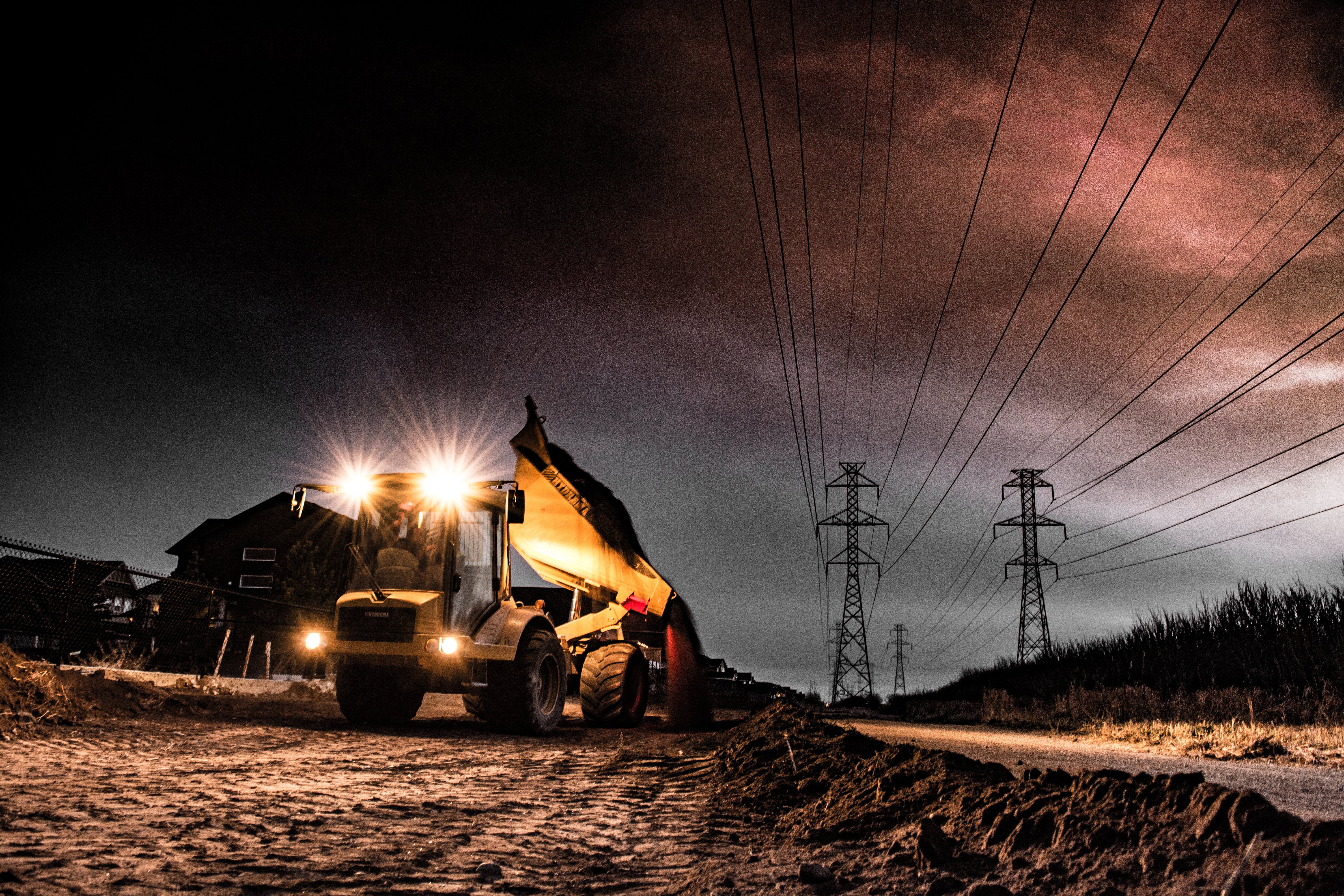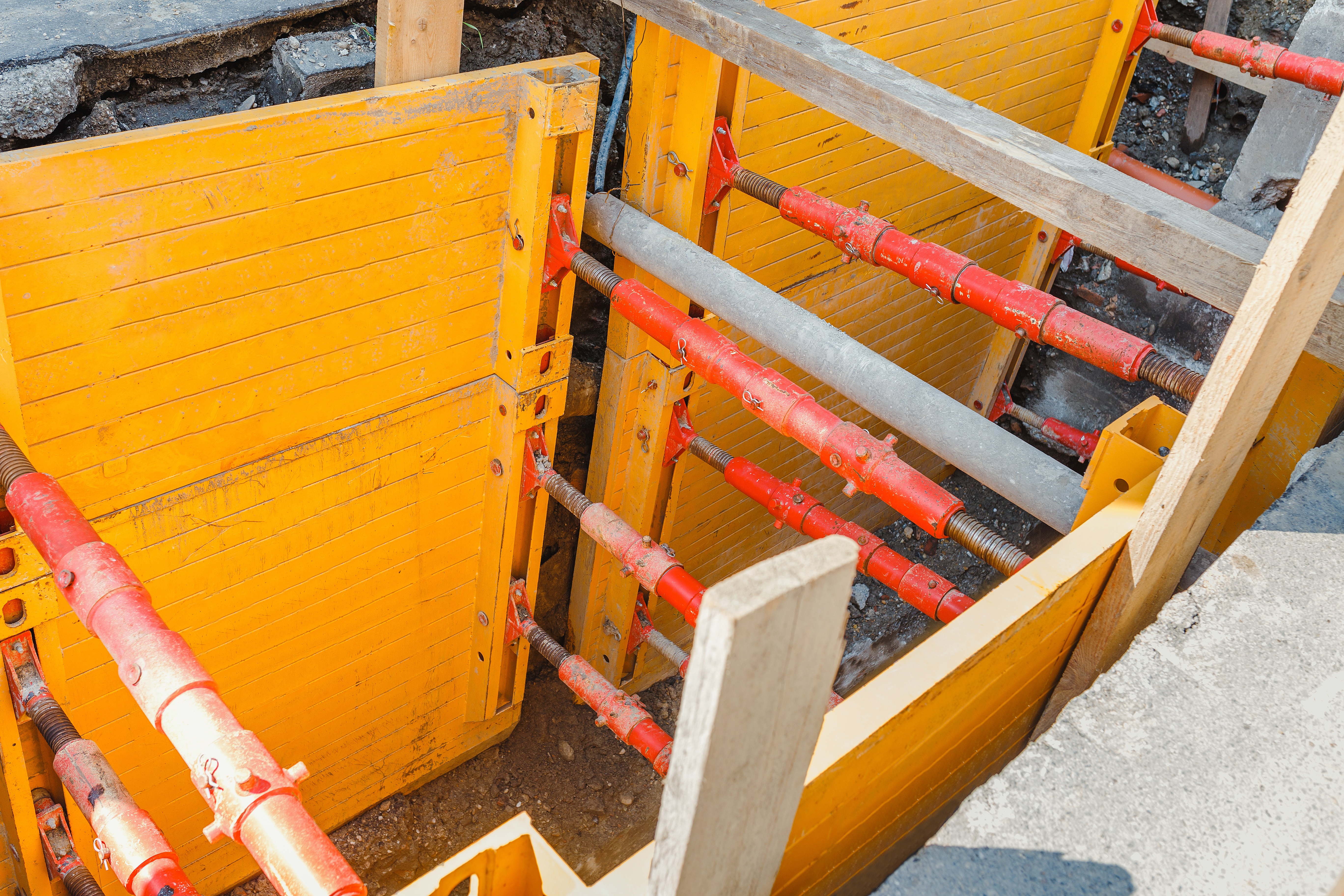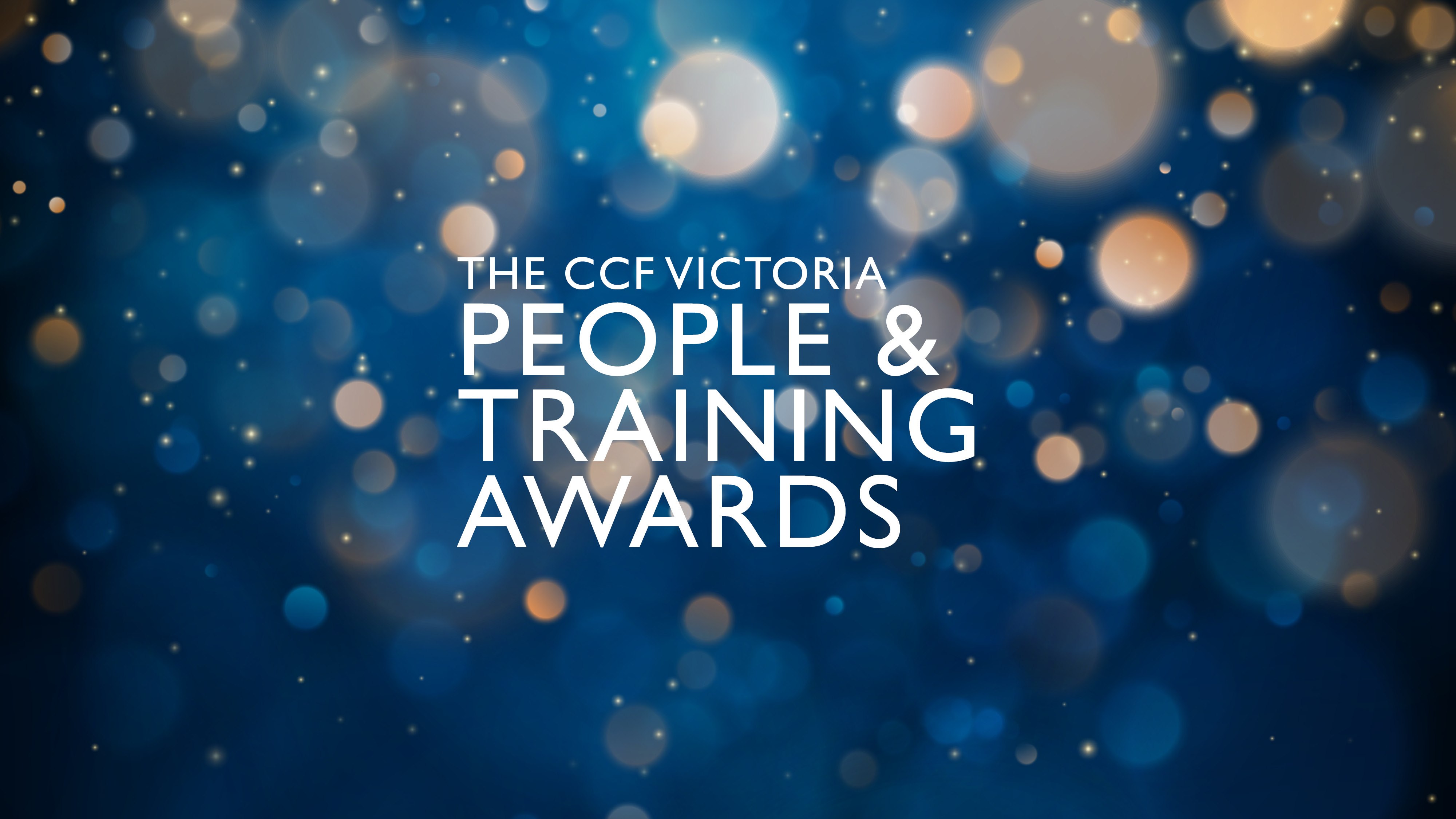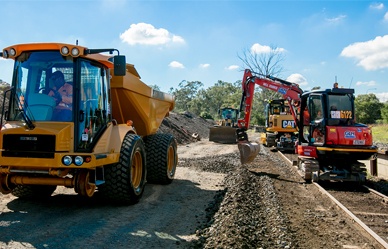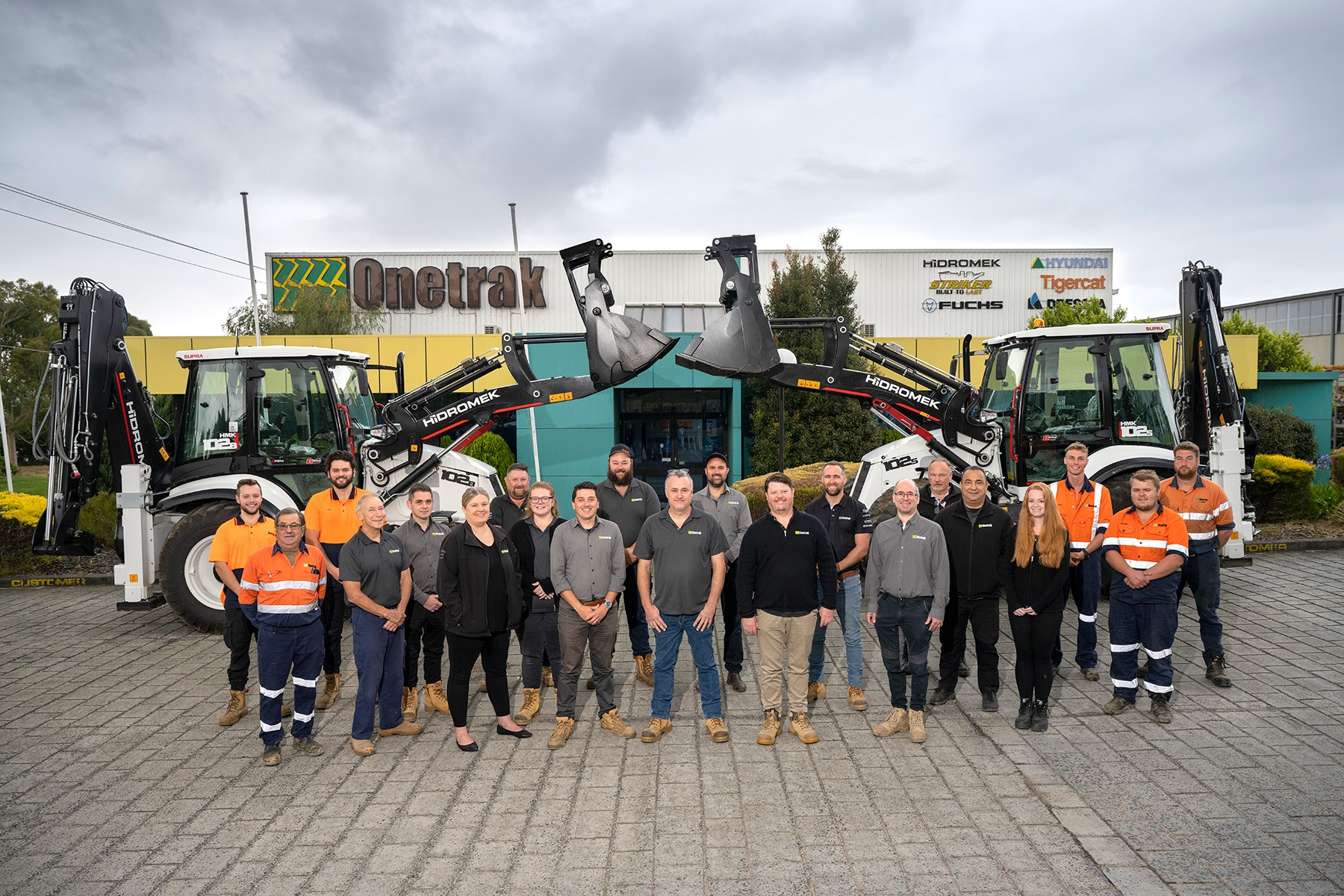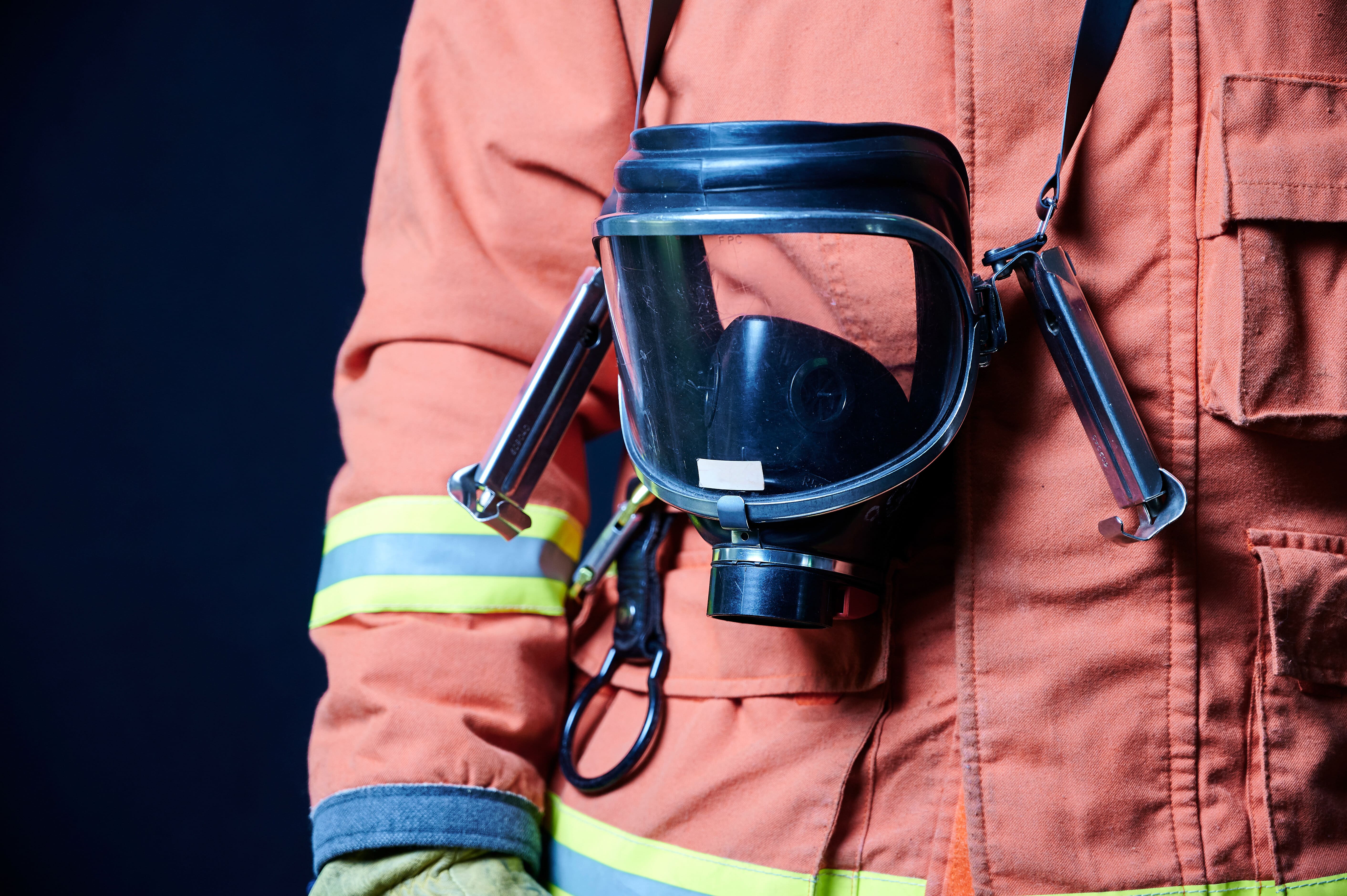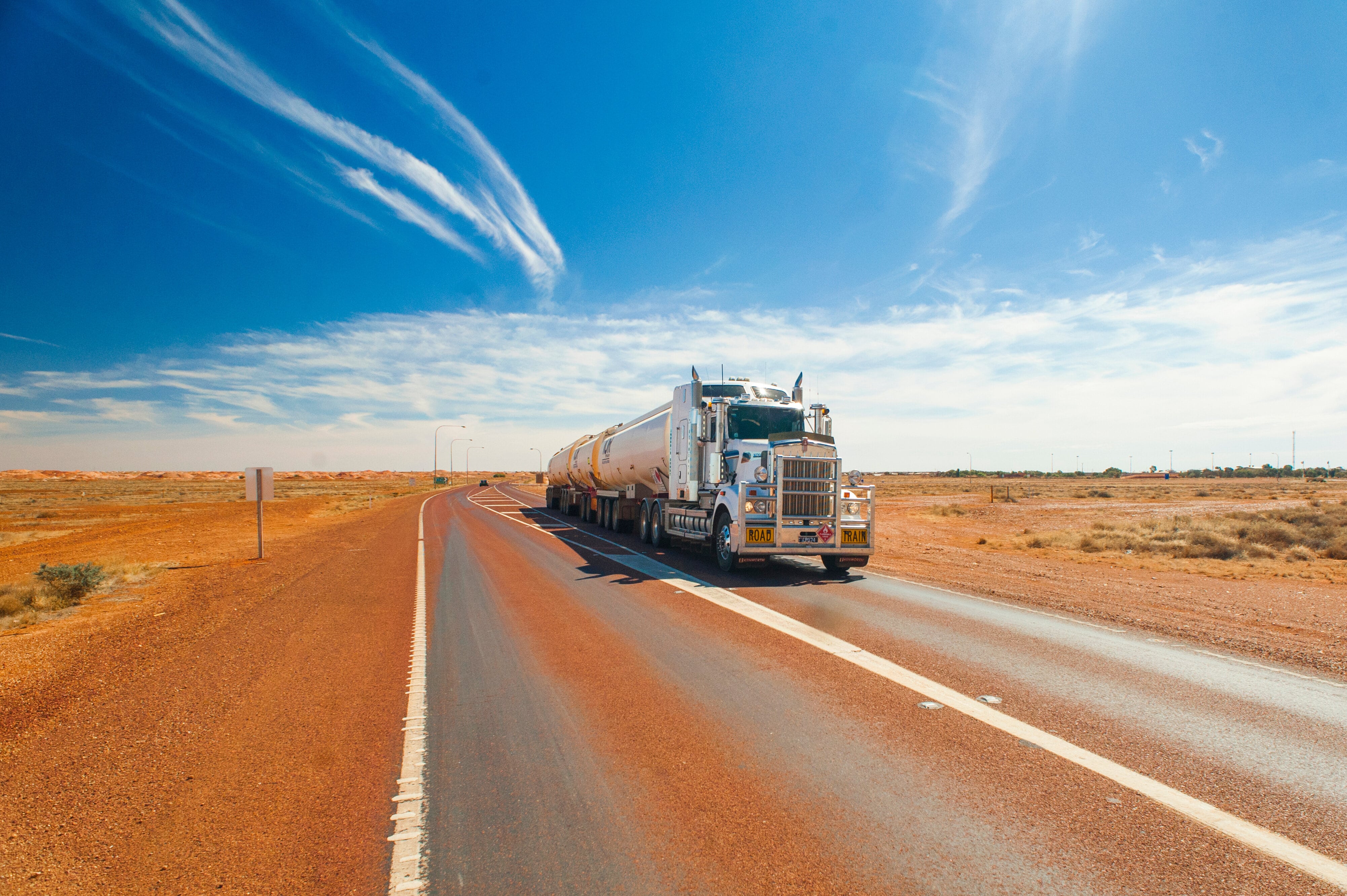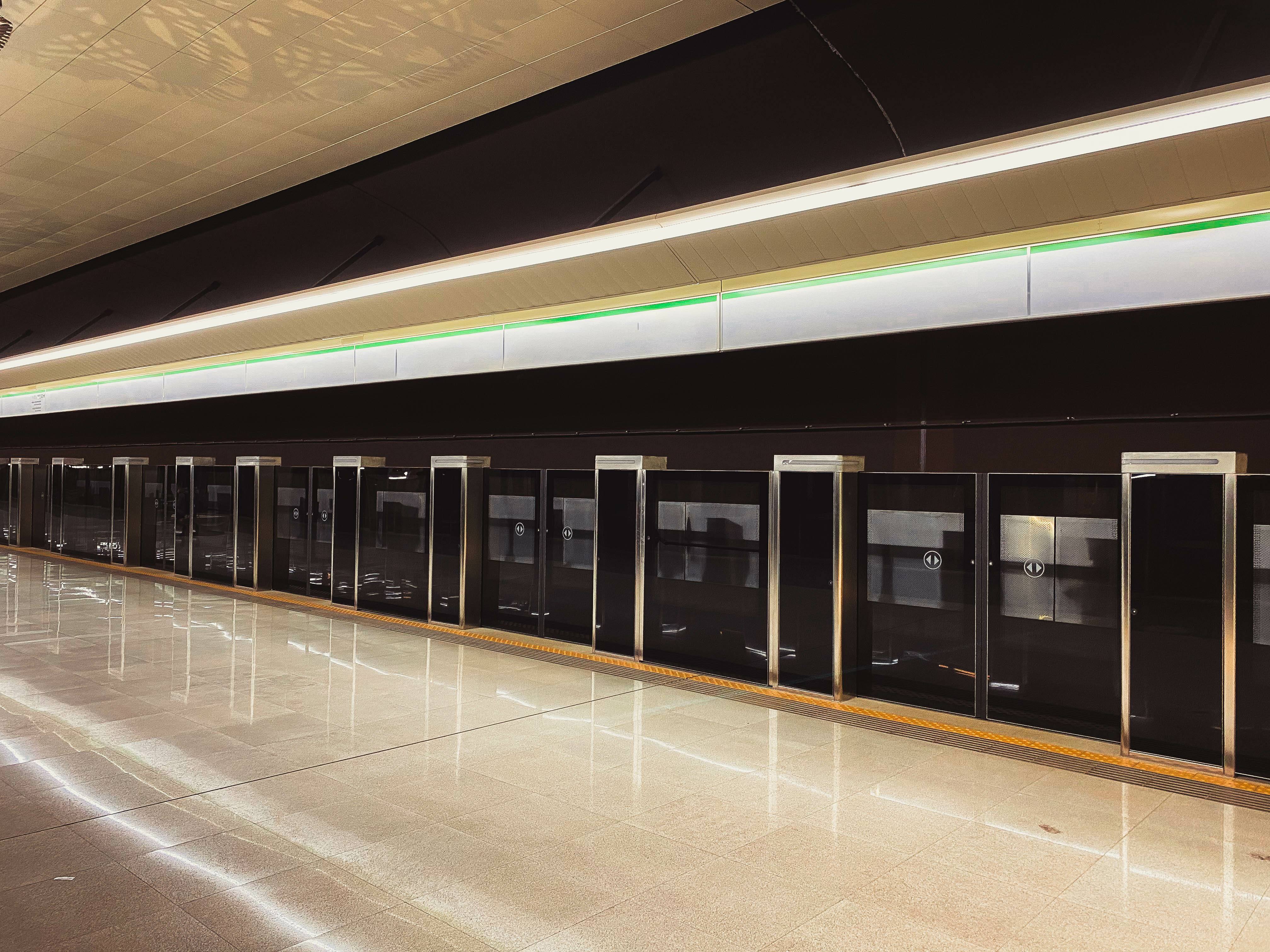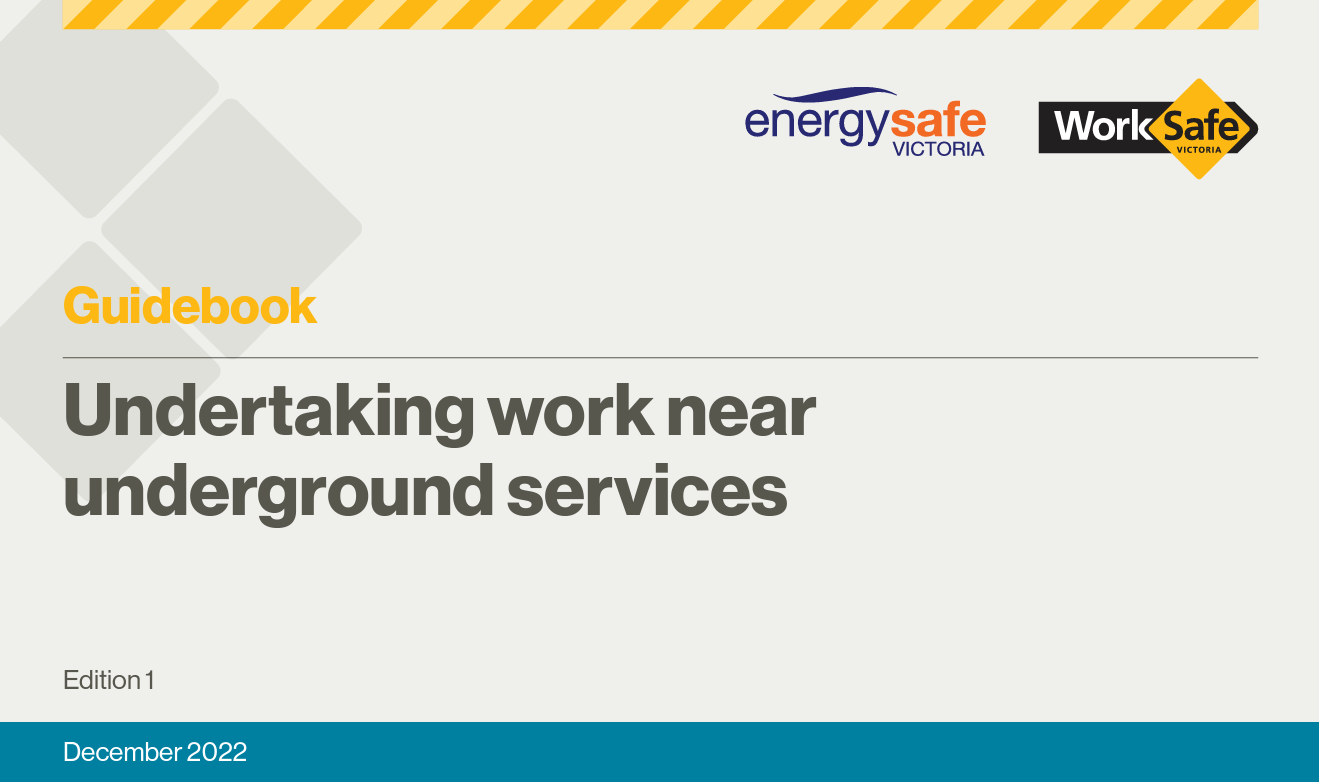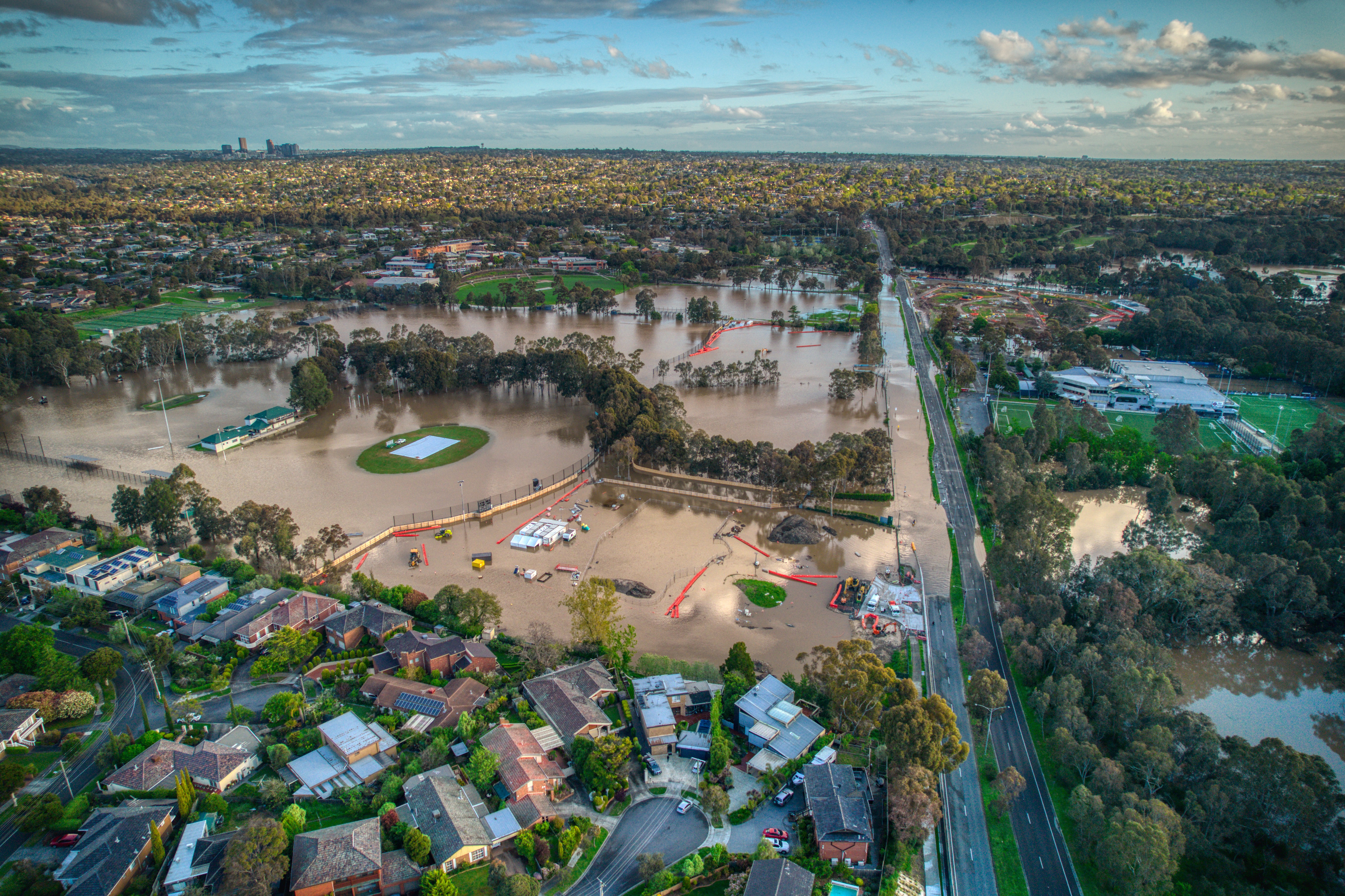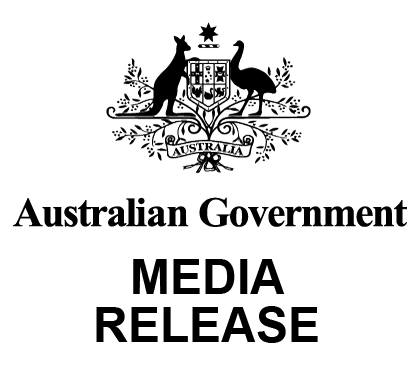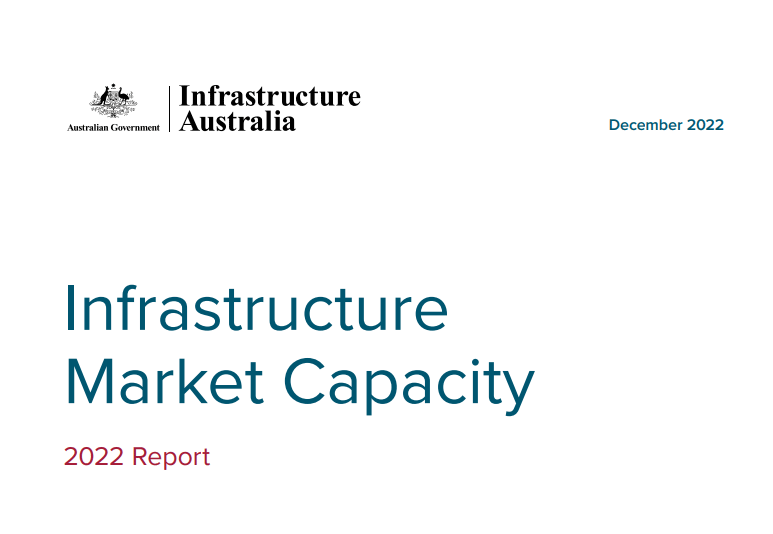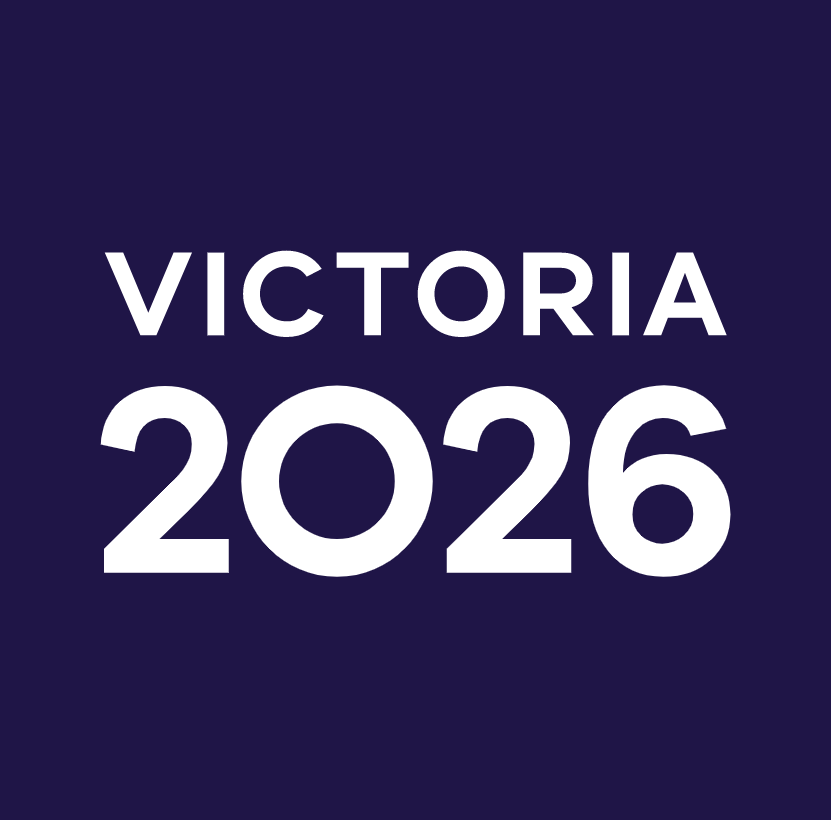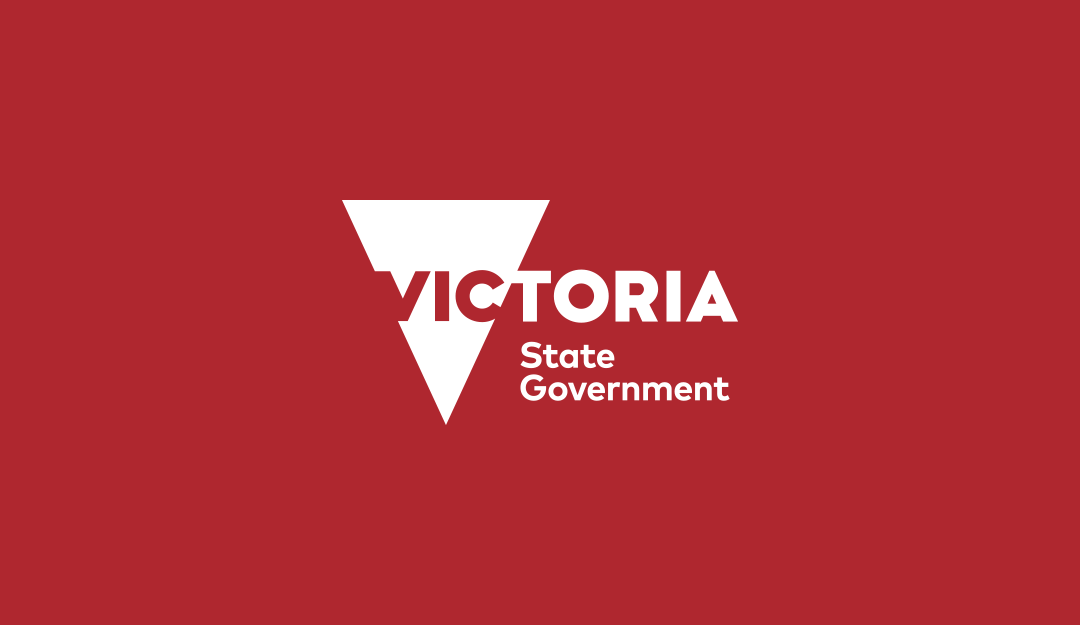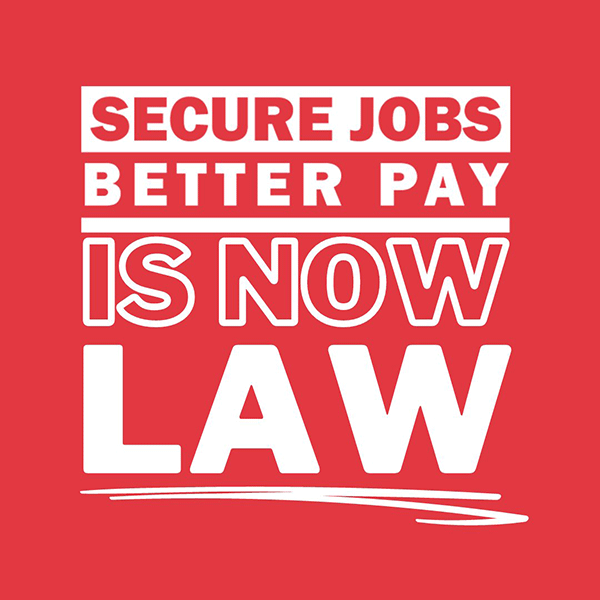To: CCF Victoria staff, members and stakeholders.
Today, the Victorian Treasurer, the Hon. Tim Pallas, released the 2019/20 State Budget with the premise of “Putting People First.”
The release of the 2020/21 State Budget was deferred until Tuesday 24 November 2020, following the restrictions imposed by the State Government under the COVID-19 Pandemic. As CCF Victoria’s CEO, I had the pleasure to once again participate in the State Budget “lock up and industry briefing session.” Many announcements have been progressively released over the last 2 -3 week period.
The global COVID-19 pandemic is having a serious economic impact with Victoria’s GSP forecast to contract by 4% in 2020/21 following a small decline in 2019/20. Employment fell by 180,000 between the March – September quarters 2020 and is expected to fall by 3.25% in 2020/21. The unemployment rate is forecast to peak at 8.25% in the December quarter 2020, and an average of 7.25% in 2020/21.
With this year’s budget, the State Government committed to investing $19.8bn per annum in capital projects, 4 times greater than pre-2016 levels, creating the largest capital works program in our State’s history.
The Government’s medium term plan involves four steps:
Step 1: creating jobs, reducing unemployment & restoring economic growth;
Step 2: returning to an operating cash surplus;
Step 3: returning to operating surpluses;
Step 4: stabilising debt levels;
A key focus for the State Budget is to support those hardest hit by the pandemic to find work. At the heart of the economic recovery across the above 4 key areas is an ambitious target to create 400,000 new jobs by 2025 and 200,000 jobs by 2022. This will see the introduction of a new $619m “Jobs for Victoria” initiative to support those Victorians looking for work and includes $250m to support businesses to hire up to 10,000 Victorians through a 6-month wage subsidy. At least $150m of this subsidy support will go towards getting women back in work, with over 1/3 of such placements being provided to women over 45, recognising their additional barriers to employment
The following is a further summary of the key announcements made upon the formal tabling today of the State Budget in Parliament, that will impact on the civil construction industry over the next 4 year forward estimate period.
- Key Financial Indicators
The Victorian State Budget 2020/21 is predicated on “Putting People First, The combined impact of reductions in revenue from the global recession and increases in vital expenditure has resulted in an operating deficit of $6.5bn in 2019/20 and a forecast deficit of $23.3bn in 2020/21. Further operating deficits are forecast over the forward estimates and this is expected to reduce to a deficit of $5.9bn by the end of the 4 year forward estimate period, reflecting the short term-costs of initiatives funded within the Budget. Other key financial indicators for 2020/21 include:
- More than $13bn has been committed to support households, workers and businesses through the pandemic;
- Total revenue is expected to be 4.2% lower than 2018/19 levels;
- Tax revenue is forecast to decrease by 9.7% compared to 2019/20;
- Net debt will reach $86.7 bn and grow to $154.8bn by the end of the forward estimates;
- Total expenditure is expected to be $90bn, before declining by 6.2% in 2021/22;
In 2018, the State Government committed stabilising net debt at 12% of GSP over the medium terms to deliver 3 key major infrastructure projects (North East Link, Melbourne Airport Rail & 25 additional Level Crossing Removals). The impact of the economic downturn on the State’s revenue base and the COVID-19 response efforts, means that net debt to GSP will increase to 19% over the budget and forward estimates. The State Government has adopted a policy of increasing borrowings at a time of historically low interest rates in order to rebuild the economy. This is a position supported by the CCF where capital investment is made in productive infrastructure projects.
- Roads/Rail & Transport Sectors
The budget is designed to build “strong, connected communities.”
Suburban Rail Loop
The budget invests $2.2bn to kick off initial and early works on Stage 1 of the Suburban Rail Loop project running between Cheltenham & Box Hill – laying groundwork for tunnelling, including preparation of TMB launch sites and geotechnical investigations.
- 3 new “super hubs will be created at Clayton, Broadmeadows and Sunshine with the Suburban Loop project creating 20,000 jobs during the construction phase and kick start the careers of 2000 apprentices, trainees and cadets;
| Airport Rail Link The Australian and Victorian governments have committed $5 billion each to deliver Melbourne Airport Rail, a transformational public transport project connecting Melbourne Airport to Victoria’s regional and metropolitan train network. From 2029, Victorians will be able to catch a train directly from the CBD to the airport. The airport link is a nationally significant project and Victorians have been waiting a long time for it to become a reality. With construction to start in 2022, the agreement will support up to 8,000 jobs during construction and is subject to relevant Victorian and Federal planning, environmental and other government approvals. |
Geelong – Melbourne Fast Rail Project
The Victorian Government has also committed to match the Federal Government’s $2bn to deliver a Fast Rail project between Geelong and Melbourne. Construction of Geelong Fast Rail is expected to be underway from 2023, subject to relevant planning, environmental and government approvals. It will support over 2800 jobs during construction.
The works will include track upgrades between Werribee and Laverton, including a new dedicated express track that will create a faster route for Geelong services. It is the shortest and most direct rail line between Geelong and Melbourne, approximately 8 kilometres shorter than the current route that travels through the western suburbs via Sunshine. Running Geelong services on the Werribee corridor also frees up room for more trains to Melbourne’s west, including Wyndham, Melton, Ballarat and Bendigo that run on the Sunshine corridor.
Some Geelong services will continue to run on the existing corridor for increased frequency, choice and the quickest connection with the new Melbourne Airport Rail line.
Improving our Road Network & Critical Road Projects
The Budget will continue to invest in maintaining repairing and resurfacing roads across metropolitan and Regional Victoria. This includes:
- $35m to strengthen bridges and replace intelligent transport systems;
- $17m to upgrade freight routes for farmers & processors in Victoria’s south-west dairy supply chain;
- $225m to enable a 5 year program of upgrades to the iconic Great Ocean Road;
- $241m to complete stage 3 of the Prices Highway East duplication between Traralgon and Sale;
- $117m to fund metropolitan road and intersection upgrades;
- $338m to deliver technology upgrades to reduce congestion and improve travel times;
Building Better Rail for Regional Victoria
The Budget invests a total of $3.8bn to maintain and support Victoria’s Regional Rail network including:
- $899m to upgrade the track between South Geelong & Waurn Ponds stations and develop a business case for the South Geelong Tunnel;
- $400m for stage 3 of the Shepparton line upgrade to allow for 9 daily return services;
- $260m to complete stage 2 of the Warrnambool Rail Line Upgrade, which will allow modern Vlocity trains to operate to and from Warrnambool for the first time;
- Land Development Sector
- To increase the supply of housing and create more options for renters by establishing the build – to – rent sector in Victoria, from 1 January 2020, Victoria’s Big Housing Build will provide a 50% land tax discount for eligible new developments until 2040. These developments will also be exempt from the Absentee Owner Surcharge over the same period.
- Tax relief on Stamp Duty for residential property transactions of up to $1m will also be provided with a waiver of 50% for new residential and 20% for existing residential properties entered into from the day after the announcement and 20 June 2021;
- The Government has also extended the $20,000 First Home Owners Grant for buying or building a new home in Regional Victoria for contracts entered into up until 30 June 2021;
- $52m will be allocated to implement the Commissioner for Better Regulation’s planning reforms and to grow housing supply across the State through Victorian Planning Authority programs “Affordable by Supply and Streamlining for Growth;
- An additional $59m is being provided for targeted planning system reforms critical to unlocking private sector investment and supporting government initiatives, including the delivery of infrastructure jobs and housing;
- $5.3bn will be invested to build more that 12,000 new social & affordable housing. Includes 9,300 new social housing dwellings (replacing 1100 old housing units) and 2,900 new mainly affordable low costs homes;
- $500m Victorian Homebuyer Fund will accelerate Victorians into home ownership;
The Budget also makes provision for $1.6bn investment to create Victoria’s Renewable Energy Zones / Hubs across the State, improve crucial grind infrastructure, de-carbonise the energy system, drive down emissions and support solar homes. This includes:
- $540m to establish 6 new Renewable Energy Zones
- $448m for energy efficiency upgrades for homes (250,000 low income homes and 35,000 social housing);
- $191m to expand the Solar Homes Program;
- $50m for clean energy transition initiatives;
- $31m to transform the way industry uses energy;
- $25m for the roll out of a “fast charging” network for electronic vehicles across major highways and key tourist destinations in Victoria;
- Support for Victorian Businesses
Significant support will continue to be provided for those businesses impacted by the COVID-19 Pandemic will continue to receive support through the provision of grants, tax cuts and fees including:
- $2.6bn in grants from the Business Support Fund
- $2bn in tax deferrals, including allowing businesses with payrolls up to $10m to defer their 2020/21 payroll tax liabilities for up to 12 months. This represents a $1.7bn cash flow boost to businesses in 2020/21;
- $1.8bn in relief from taxes and fee, including a full refund and waiver of 2019/20 payroll tax for small & medium businesses. This includes the exemption of businesses in Victoria participating in the JobKeeper program from payroll tax and WorkCover premiums paid to staff who were “stood down” or earnt less than the JobKeeper payment;
The budget also builds on the level of support in new job tax credits for businesses re-hiring and employing next workers through payroll tax deductions. The Government will also increase the threshold for paying payroll tax on an annual basis from $40,000 to $100,000 reducing administrative costs and providing $309m of cash flow benefits to 7,000 businesses.
- Skills Development & Training
$1bn is being invested in TAFE and Training to support more Victorians to “train, retain and find new opportunities” including:
- Up to 80,000 new Free TAFE and subsidised training places. Almost 60,000 of these are places will be in Free TAFE courses including health, community and disability services. $155m will be dedicated to creating new opportunities for young people.
- $57m for the delivery of accredited short courses and a workforce skill set pilot;
- $19m to introduce innovative new models for apprenticeships and traineeships, including those most at risk of dropping out, and new measures to encourage women to pursue non-traditional roles including the building & construction industry;
- Fund to attract and support people re-skill as teachers at Victorian TAFE’s including teacher scholarships and mentoring;
- $100m allocated to Build Better TAFE’s;
- $58m is being allocated to support Victorian workers “earn as they learn.” This includes $33m to expand opportunities for apprentices & trainees through a flagship “Big Build” training pathway, This transformative new approach will see up to 1500 apprentices and trainees employed across the Big Build projects and will align to the Major Skills Guarantee;
- Funding is also being made available to expand the pilot of higher apprenticeships and traineeships to 400 existing workers in the social service sector.
- Other Key Announcements
Other key announcements of interest to CCF members made by the Premier, Daniel Andrews, today in his address on this year’s State Budget include:
- $3bn investment in “school capital” – new buildings & new services;
- $2bn to build new hospitals and upgrading existing ones. Includes $384m (1st stage Warrnambool Base Hospital), $75m (purchase land & undertaken detailed planning for a new Melton Hospital), $66m to acquire land in Cranbourne, Pakenham, Torquay, City of Whittlesea, Eltham, Point Cook and inner south while continuing planning for new community hospitals; $10 for planning & upgrade to upgrade the existing site and create an additional site for the Royal Melbourne Hospital, $7.6m to expand maternity accommodation and upgrade critical infrastructure at Wangaratta Hospital, $4.8m to begin planning for the future expansion of the Werribee Mercy Hospital and $4.5m to accelerate planning & design for the expansion of the Angliss Hospital at Ferntree Gully.
- $1.9bn is being allocated to support Victorian’s with a disability;
- $868.6m to ensure Victorians have the mental health support they need. This includes funding the rollout of the interim recommendations from the Royal Commission into Mental Health, including $492 million to deliver 120 mental health beds in Geelong, Epping, Sunshine and Melbourne. This is an addition to the 24 Hospital in the Home beds announced earlier this year bringing the total to 144. An additional $18.9 million is provided for 35 acute treatments beds for public mental health patients in private health services. The Budget invests $21.4 million to support the statewide expansion of the Hospital Outreach Post-Suicidal Engagement (HOPE) service, with individual, intensive and one-on-one support for Victorians as they rebuild their lives.
- $1.3bn investment in the Melbourne Parks Precinct;
- $1.46bn into the NGV Precinct to transform Melbourne Arts Precinct – bring visitors from interstate & overseas and reinforce Melbourne as the Cultural Arts Capital
- $2bn “break through funds” to take research, knowledge and ideas of products to market;
- Free kinder in 2021 to support families with kids;
- $164m investment in sport and recreation including the $21m Get Kids Active Grant with $200 vouchers for kids sports and sporting equipment;
- The Budget provides $5m for consultation in the design of a pilot Insecure work scheme to support payment applications and protection for casual workers. The Premier said the Insecure Work Scheme is about “paying people appropriately for the work they do to keep our community safe – massive productivity benefit if we get this scheme right – treating people with respect and dignity”;
- His final statement on the Budget …. “We are going to heel – rebuild the state – stay the course – and make the state stronger & fairer for all Victorians”.
For those CCF members seeking details on specific projects covered by the 2020/21 State Budget, please do not hesitate to contact me.
Until my next update …. keep well – keep safe.
Kind regards

John Kilgour
CEO, CCF Victoria


